Pedro Infante is widely considered the most influential Mexican singer and actor of all time. Today, 63 years after his death, his recordings and films remain surprisingly popular, and he remains a fundamental icon of Mexican popular culture.
This latest video of Recordando a Pedro Infante, featuring Mariachi Vargas de Tecalitlán, was recorded at the Lila Cockrell Theatre in San Antonio, Texas on December 7, 2019, during the 25th Annual Mariachi Vargas Extravaganza. The popurrí consists of four boleros and one huapango, all of which were major Pedro Infante hits, and all of which are Rubén Fuentes compositions.
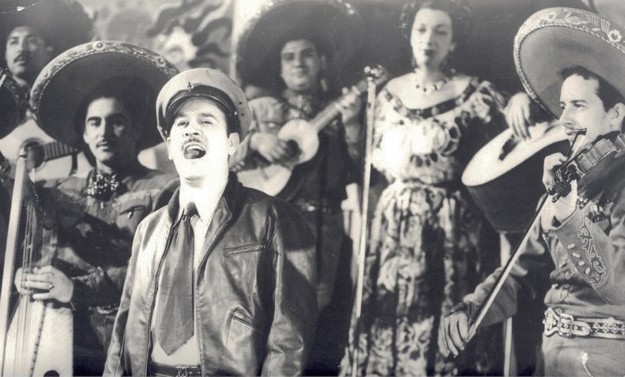
Lino Briseño, Arturo Mendoza, Pedro Infante, Asunción Casillas, unidentified, Rubén Fuentes.
Although not a famous singer or movie star, Rubén Fuentes is an icon comparable to Pedro Infante in that he is widely considered the most influential musical figure in the history of mariachi music. He began his career in 1944 as a violinist with Mariachi Vargas de Tecalitlán, where he was soon promoted to musical director. By the 1950s, through his unforgettable arrangements for Miguel Aceves Mejía, Pedro Infante, José Alfredo Jiménez, Lola Beltrán, Amalia Mendoza and many others, he transformed mariachi music in an unprecedented way, inaugurating the modern mariachi era. At age 94, Maestro Fuentes continues to compose and arrange, and remains the general director of Mariachi Vargas de Tecalitlán. Of the over 300 songs he has composed during his lifetime, 44 were recorded by Pedro Infante.
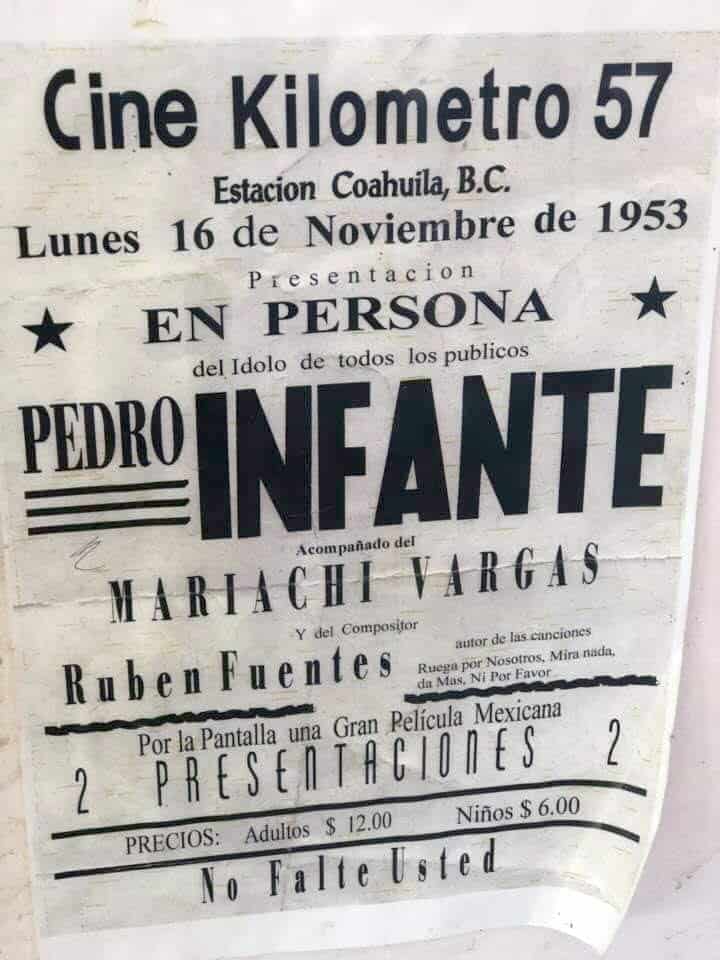
Recordando a Pedro Infante has its roots in Remembranza de Pedro Infante, a medley arranged by Pepe Martínez that first appeared on Mariachi Vargas de Tecaliltán’s 1989 CD El Mariachi. That album’s opening track was the extraordinarily popular Viva Veracruz (later known as Veracruz I), so in a manner of speaking, Remembranza represented that disc’s “B-side.” Even though Vargas continued to perform that popurrí over the years, it never achieved more than minor popularity. Of the seven Pedro Infante hits that comprised the original popurrí, three were Rubén Fuentes compositions.
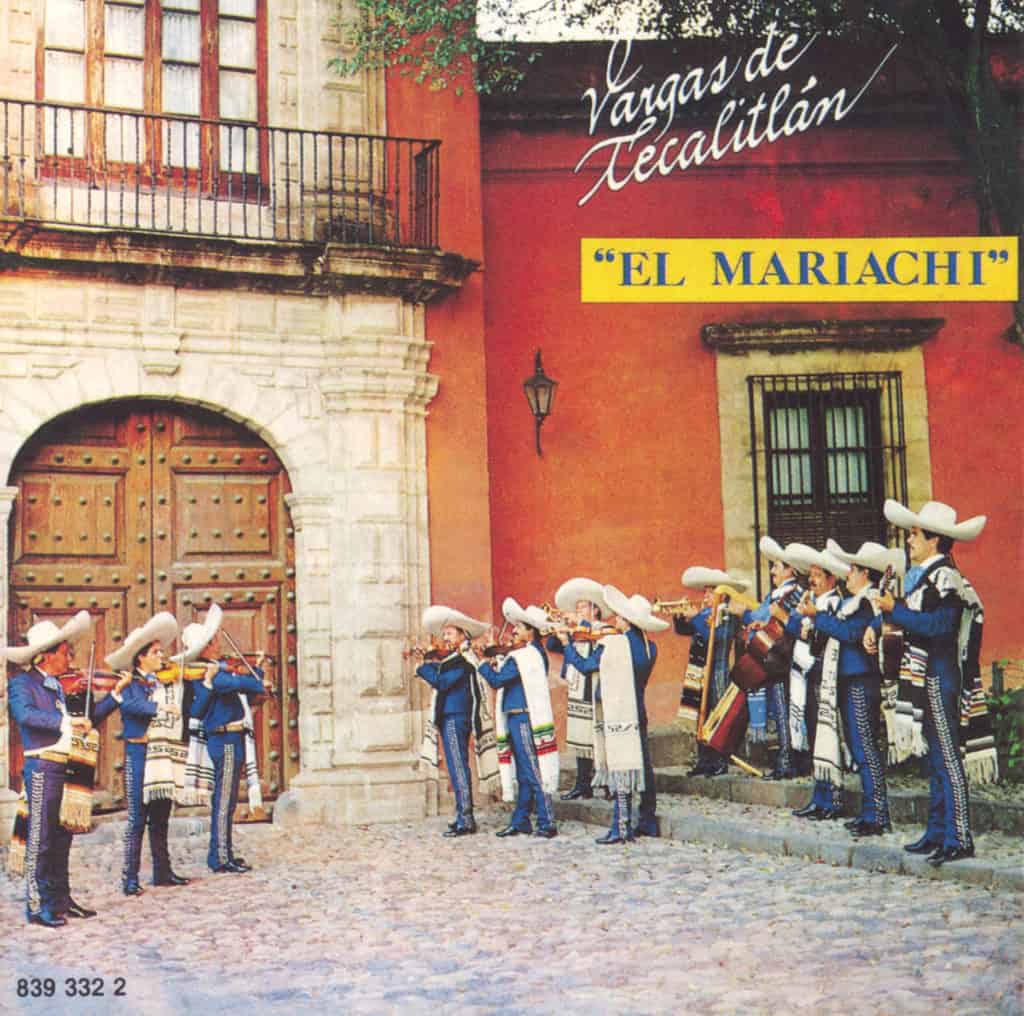
Fast forward three decades to the summer of 2017. Carlos Martínez, nephew of the original Infante popurrí’s arranger, is now musical director of Mariachi Vargas de Tecalitlán. He discusses with the group’s general director what new material Mariachi Vargas will debut at Guadalajara’s upcoming Encuentro Internacional del Mariachi. Since 2017 marks the 100th anniversary of Pedro Infante’s birth, Maestro Fuentes suggests they revamp the group’s existing Pedro Infante popurrí, this time using exclusively compositions and arrangements of his own. Carlos begins to select the singers and mount the popurrí using the identical arrangements found on the original Pedro Infante recordings. Don Rubén explains why, out of the 44 selections of his that Pedro recorded, he chose the five that he did:
Back in the 1950s when I was a violinist with Mariachi Vargas accompanying Pedro Infante on tour, I recall how the public would often request “Si no me quieres, ni modo”—putting emphasis on the “ni modo”—the punch line from the song “Ni Por Favor.” I selected that one for the popurrí’s opening theme.
Next I chose “El Muñeco de Cuerda,” which in those days was already becoming a romantic favorite among sweethearts, young and old.
After that, I chose “Flor Sin Retoño.” Since this song had already been a hit for the Hermanos Martínez Gil on the RCA Victor label, the artistic direction at Discos Peerless decided to have Pedro record a cover version of it for their label. This helped make the song even more famous, and it remains immensely popular throughout Latin America to this day.
Regarding “Cien Años,” there’s not a lot more I can say about it that hasn’t already been said. The song is identified with Pedro Infante on an international level, and it’s associated with the coming of age of the bolero ranchero.
To conclude this popurrí, I picked “Tres Consejos,” a festive huapango that Pedro made famous on film and that was always well received at his in-person performances, where he almost always used it as his closing number.
Original 78 rpm discs of the five songs that comprise this medley.

Recordando a Pedro Infante starts out with “Ni Por Favor,” interpreted by Andrés González. Andrés recalls:
One day at a rehearsal, Carlitos Martínez said to me, “There’s a song I want you to sing to open the new popurrí. It’s perfect for your voice. It goes, “Si no me quieres, ni modo…” “¡Ah, caray!”, I replied. “I’ve never sung it before, but I’ll learn it.” Later on I found out the real title was “Ni Por Favor.” After analyzing it, I realized that the song’s message is encapsulated in the very first stanza:
Si no me quieres, ni modo.
De amor no voy a morirme.
Se sufre cuando se quiere,
pero se aprende a olvidar también.
The lyrics are 100% Pedro Infante. He basically says: “I’m not going to die over a broken heart, and I’m not going to get down on my knees, either!” I really enjoy singing this song, and I always try to inject a little bit of Pedro’s carisma into it. Mariachi Vargas has been performing this for a couple of years now, and it’s become one of the group’s most popular popurrís.

Next in the medley comes the romantic bolero “Muñeco de Cuerda,” in the voice of Robert López.
Lo mismo que un muñeco que necesita cuerda,
o que un presente incierto que nada nos recuerda.
Quedó sin movimiento mi corazón enfermo
y lo vistió de luto un sufrimiento eterno.
Robert explains:
I’ve heard this song since I was a little kid. I always thought it was beautiful, elegant, and perhaps a little melancholy. You can’t just shout this one out, you have to sing it soft and tender, and it’s challenging to sing. When Carlos first asked me to do it, I had to go to Daniel Martínez and ask him for advice on interpretation. Now it’s become my favorite out of all the songs I sing with Mariachi Vargas.
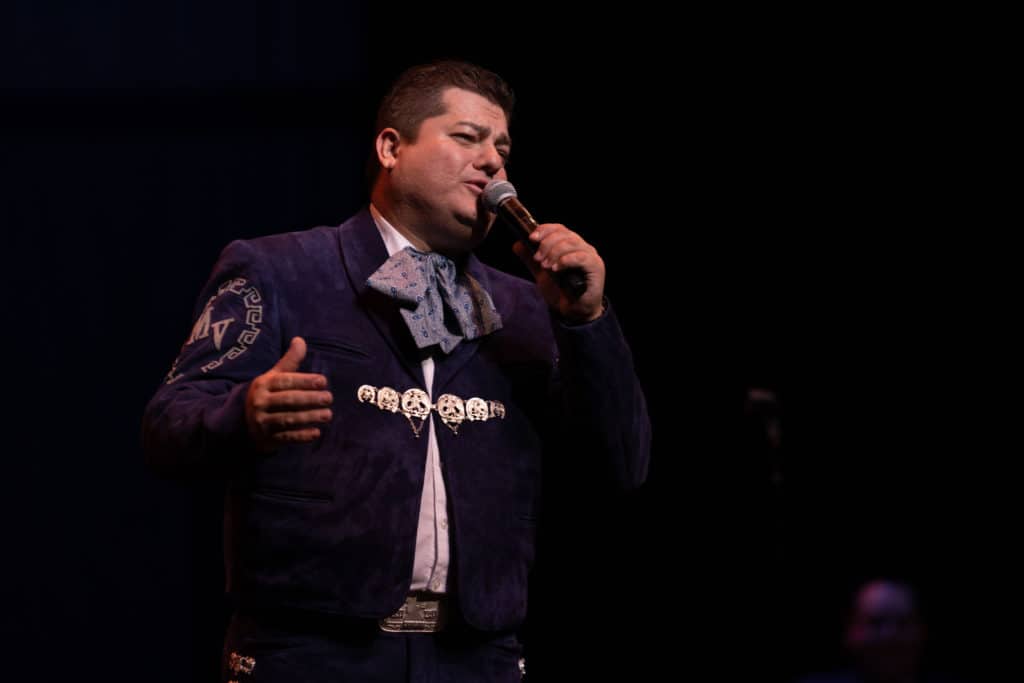
At this point, Carlos Martínez steps in with “Flor Sin Retoño,” another early bolero ranchero with a similar accompaniment to the one Andrés sings, this time in a minor key:
Sembré una flor sin interés.
Yo la sembré para ver si era formal.
A los tres días que la dejé de regar,
al volver ya estaba seca, ya no quiso retoñar…
“I always liked this bolero and its message,” Carlos remarks, “and it’s fun to sing. The chorus gives the audience an opportunity to participate, something they never fail to do.”
Yo la regaba con agua que cae del cielo,
y la regaba con lágrimas de mis ojos.
Mis amigos me dijeron: “Ya no riegues esa flor.
Esa flor ya no retoña, tiene muerto el corazón.”

Next, Daniel Martínez takes over with the perennial favorite, “Cien Años.”
Pasaste a mi lado
con gran indiferencia.
Tus ojos ni siquiera
voltearon hacia mí.
Daniel observes:
“Cien Años” is a true classic that never goes out of style. Although it was recorded nearly 70 years ago, it remains in vogue today. The moment you start to sing or play it, the public recognizes it and sings along with you. Even though a lot of artists have recorded it over the years, I think Pedro’s version of “Cien Años” is unsurpassed, which is why I don’t try to sing it like him, but rather give it my own personal touch.
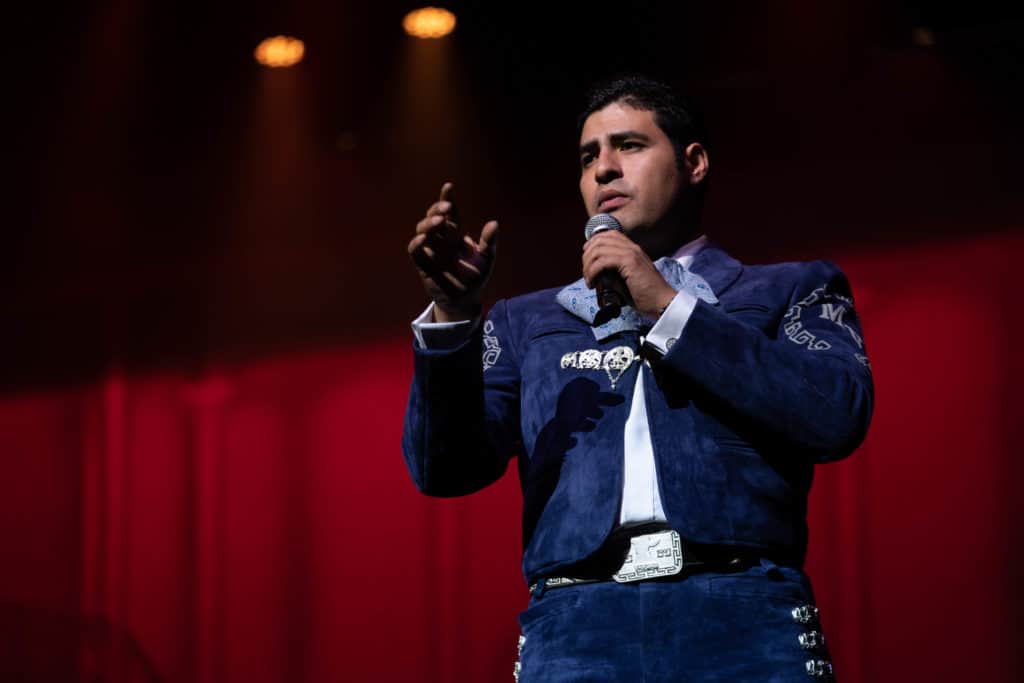
The final selection in this popurrí is the huapango “Tres Consejos,” where the vocals are shared between Ángel López and Jonathan Palomar.
Ángel comments:
I like this song because it’s comical and amusing, like Pedro Infante himself, as we know him in the movies. The part I like best is where it goes: “Dices que me estoy muriendo porque no te puedo ver. Ya te estás hasta creyendo, dueña ser de mi querer.” It’s like he’s saying to the woman, “You thought I was yours, but a bird in the hand is worth many in the bush!” It’s full of quaint sayings that contain little nuggets of folk wisdom. This song is perfectly tailored to Pedro, and when I sing it, I try to give it his spark.

“Tres Consejos” is finished out by Jonathan Palomar, who concludes:
I particularly like the double meanings in this song’s lyrics. And it’s a double honor for me to sing it, because the homage is both to Pedro Infante and to Rubén Fuentes—the man personally responsible for a revolution in mariachi music.
Pedro Infante’s recordings
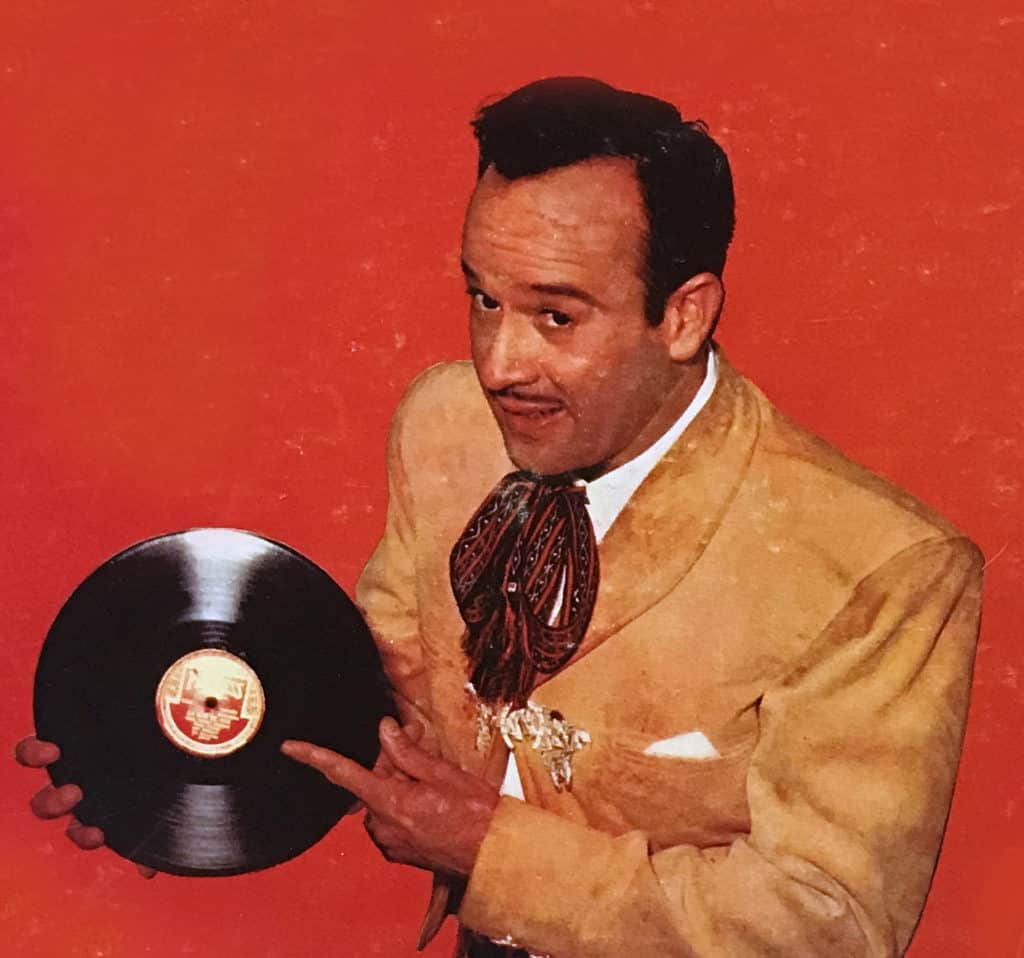
Discos Peerless, founded in 1929, is considered Mexico’s first national record company. After recording two unsuccessful sides for RCA Victor Mexicana in 1942, Pedro Infante moved to Discos Peerless, the company he would remain with for the rest of his life. On October 29, 1943, he recorded the first of a series of some 330 songs that would become some of the most popular, best-selling, and most enduring hits in the history of the Mexican record industry.
Pedro Infante’s first record
(Courtesy of Luis Jaime Chapa)
Caveat emptor (consumer warning): Pedro Infante’s Peerless recordings should not be confused with the low-fidelity soundtracks from his films that have been clumsily overdubbed with unauthentic, modern accompaniment. Today’s digital market is unfortunately flooded with doctored versiones of this nature.
Pedro Infante’s first release on the Peerless label
(Courtesy of Luis Jaime Chapa)
Pedro’s first Peerless session produced four songs: “El Azotón,” “Ventanita de Oro,” “El Durazno,” and “El Soldado Raso,” accompanied by the most popular mariachi of the day, Mariachi Tapatío Marmolejo, led by José Marmolejo. Pedro continued to record frequently, sometimes with mariachi, sometimes with orchestra. His mariachi credits soon changed to Mariachi Tapatío de Juan Güitrón, and then to simply Mariachi Güitrón, while the accompanying group’s sound remained identical. Juan Güitrón was Mariachi Tapatío’s arranger and musical director, and he appears to have become the session leader for Peerless’s mariachi recordings of that period, directing mainly musicians from José Marmolejo’s group, of which he remained a member. “Mariachi Güitrón” was basically a recording pseudonym, as opposed to being a real group in its own right. An interesting collection of photographs from those sessions is available for viewing at the Archivo Tomás Montero Torres website.
First Peerless release by Pedro Infante featuring Mariachi Vargas
(Courtesy of Luis Jaime Chapa)
Pedro Infante made his first recordings with Mariachi Vargas de Tecalilán on June 8, 1950. The two songs from that session were “Yo” (Jose Alfredo Jiménez) and “Oyes, Lupita” (Silvestre Vargas). From that point on, Mariachi Vargas became Pedro’s house group, and Rubén Fuentes his exclusive arranger. Since Vargas had an exclusive contract with RCA Victor, those accompaniment credits use the pseudonyms Mariachi Guadalajara or Mariachi Los Mamertos. Mariachi Perla de Occidente recorded 10 songs with Infante in August and September of 1956, but by December of that year, Pedro was back in the studio with Mariachi Vargas for what would turn out to be his final session.
While no reliable statistics exist for Mexican record sales during the period in question, there is no doubt that Pedro Infante is one of the Peerless label’s all-time best-selling artists, and probably the one who has sold most consistently over the years. Infante biographer Melitón López points out that the greatest record sales Pedro achieved during his lifetime was in the years 1951, 1952 and 1953, when three times in a row he won the coveted Disco de Oro award from the magazine Selecciones Musicales. In 1954, that award was taken by Miguel Aceves Mejía, another artist that Rubén Fuentes arranged for. After Infante’s death on April 15, 1957, his record sales soared to double what they had been any time previously, his biographer told me in a recent interview.
Since the 1940s, Pedro Infante’s recordings have been issued and reissued countless times throughout the Spanish-speaking world and beyond, in numerous formats, and many of these discs have become highly collectible. Countries where Pedro Infante records have been pressed include Bolivia, Brazil, Chile, Colombia, Costa Rica, Ecuador, Germany, Japan, Mexico, Peru, Philippine Islands, Portugal, Puerto Rico, Republic of South Africa, Spain, Uruguay, USA, and Venezuela. Below is a sample of Pedro Infante records issued in different countries.
In the minds and hearts of millions around the world — Pedro Infante lives on!
Special thanks to Mariachi Vargas de Tecalitlán for granting permission to share this Recordando a Pedro Infante video publicly, and to SolarShot for capturing this stunning performance.
Thanks also to the Arhoolie Foundation’s Strachwitz Frontera Collection and to Antonio Campos, Luis Jaime Chapa, Juan Antonio Cuéllar, and Javier de la Cruz for record images; to Melitón López for historical perspective; to Jesús Jaime de la Garza for proofreading; to Gilberto Mancilla for image retouching; and to Maestro Rubén Fuentes and members of Mariachi Vargas de Tecalitlán for their invaluable testimonies.
Please leave your comments below
The mariachimusic.com online newsletter is a monthly email blast that has now gone biweekly in an effort to provide the community with news, information and videos featuring great performances from numerous mariachi artists and previous participants of the Mariachi Vargas Extravaganza. We hope you find this content informative as you continue to keep your families safe and secure during the current Covid-19 crisis.
If you have stories, videos or photos you’d like to share that help document how our mariachi community is coping during the pandemic, please feel free to email them to cynthia@mariachimusic.com. Selected stories will be posted on the mariachimusic.com website in the blog section and shared via the weekly email newsletters. Also thanks to Gonzaba Medical Group, H.E.B. and Valero, whose support of the Mariachi Vargas Extravaganza helps makes this weekly online newsletter possible.
Be sure to subscribe to the mariachimusic.com newsletter for updates on what’s happening in mariachi music arts and culture. Be the first to learn about new videos posted from the Mariachi Vargas Extravaganza and relive outstanding performances from the festival. Read about the many people involved in promoting, preserving and performing the music that touches our hearts, feeds our souls and represents the very best of nuestra cultura.



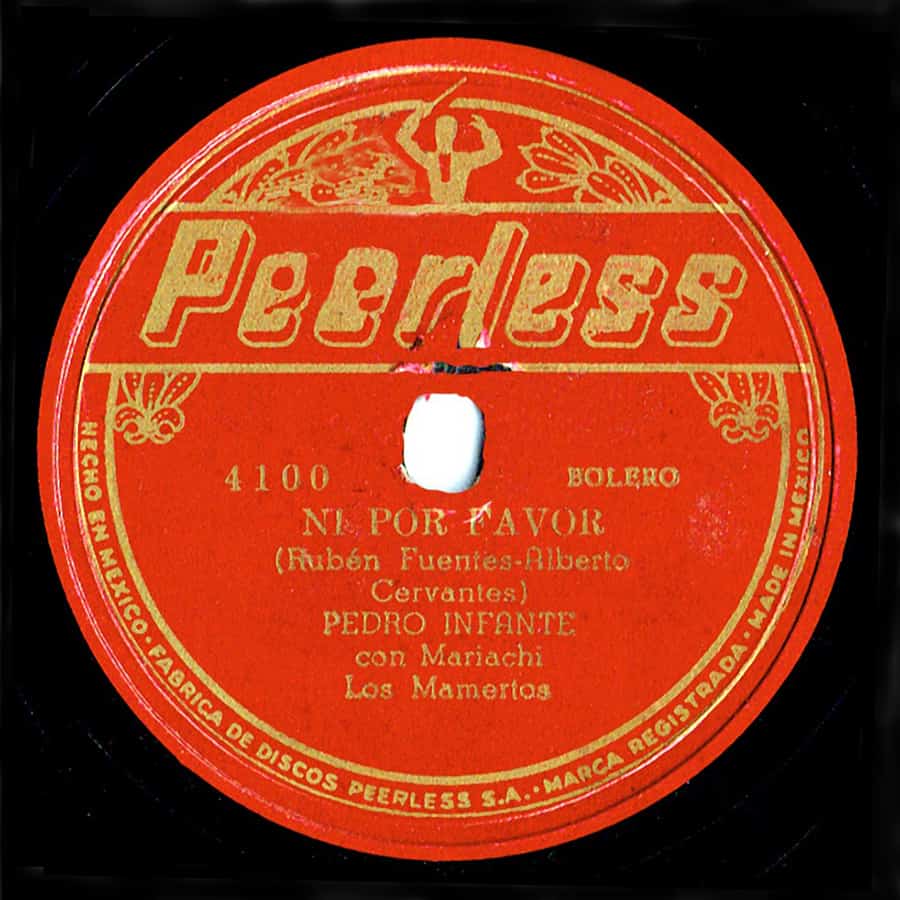
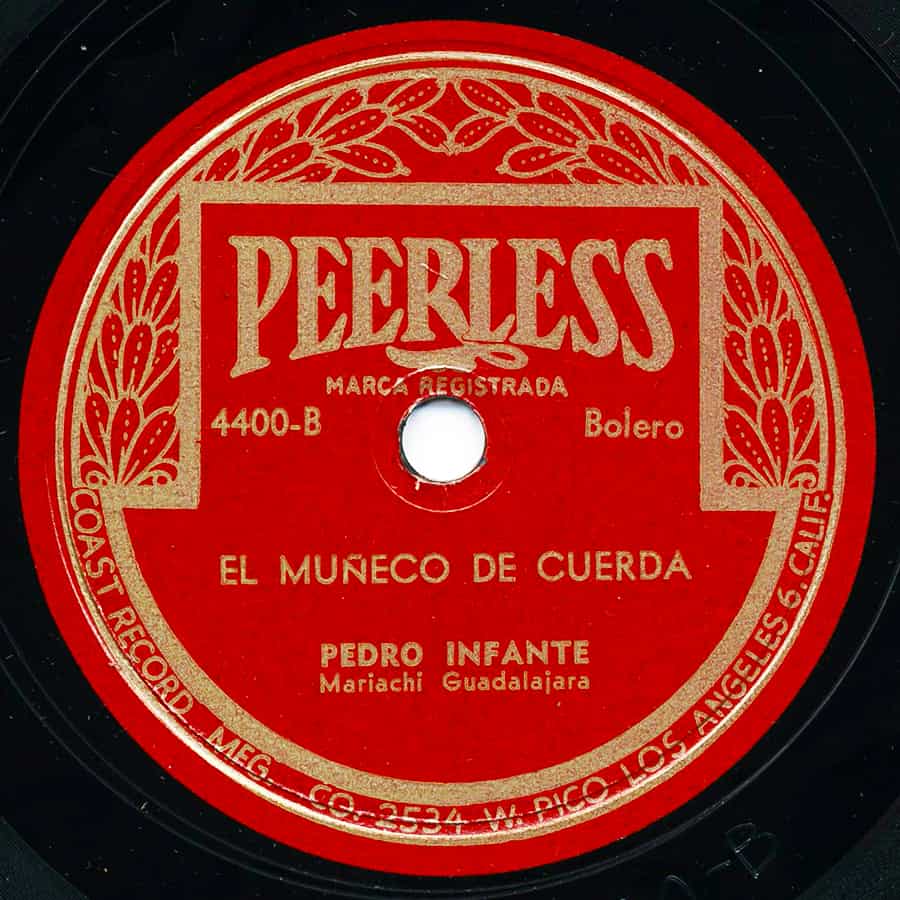
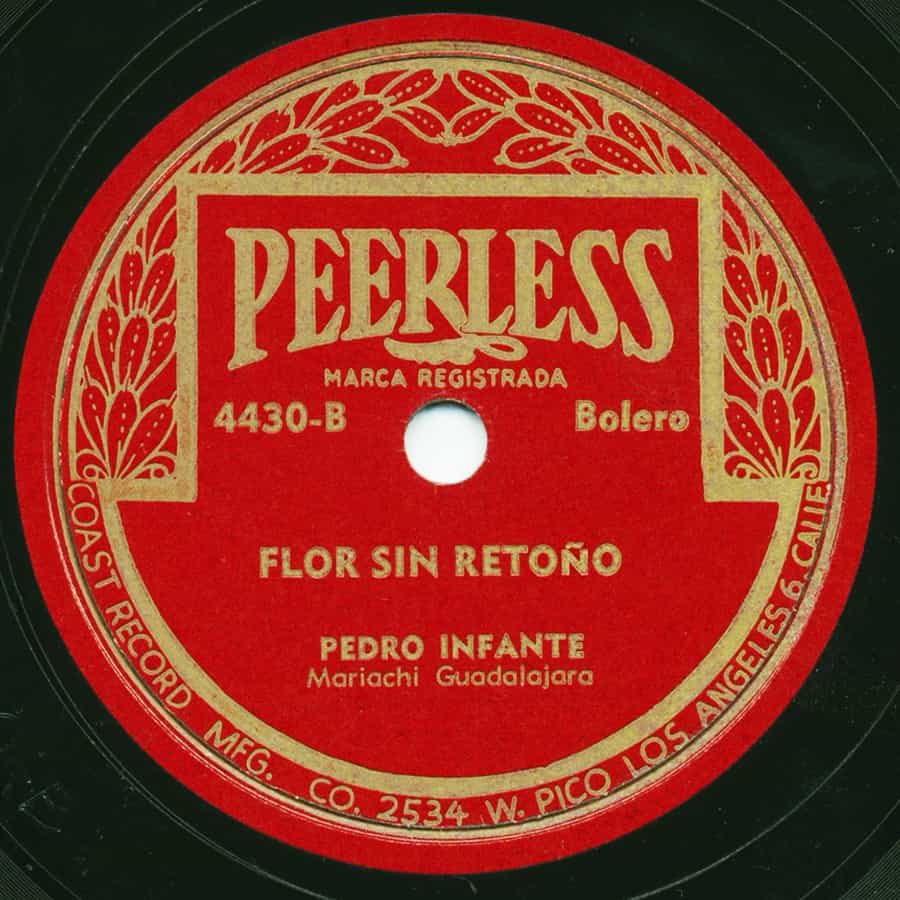
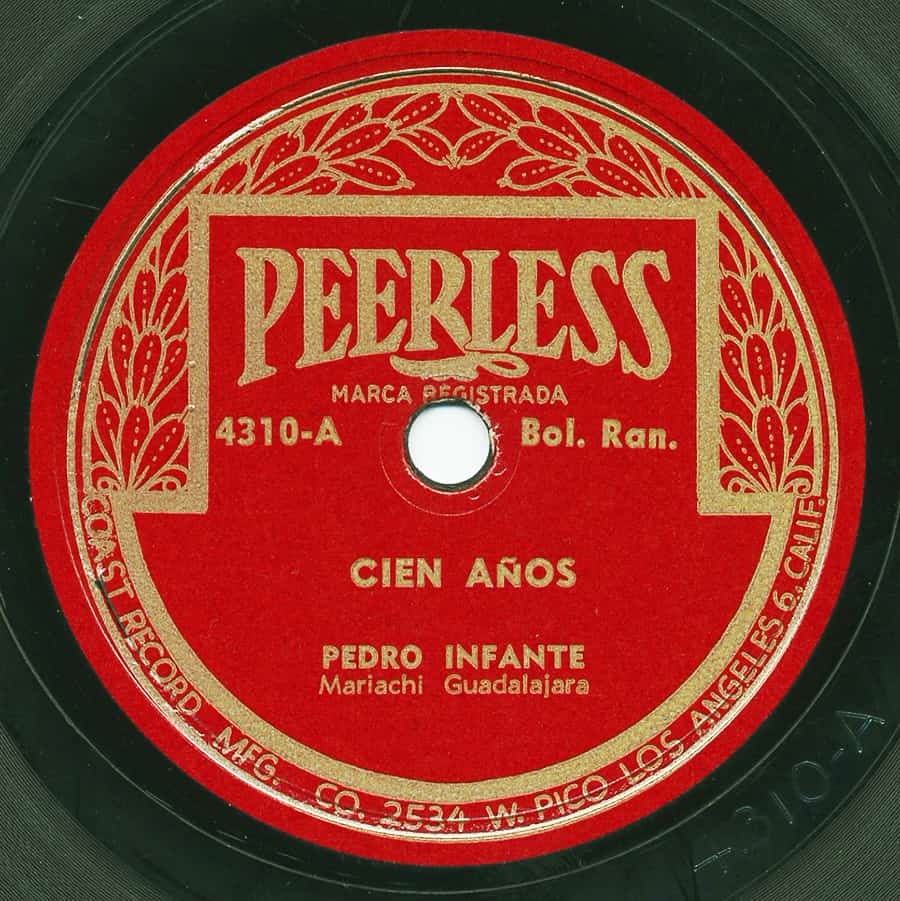
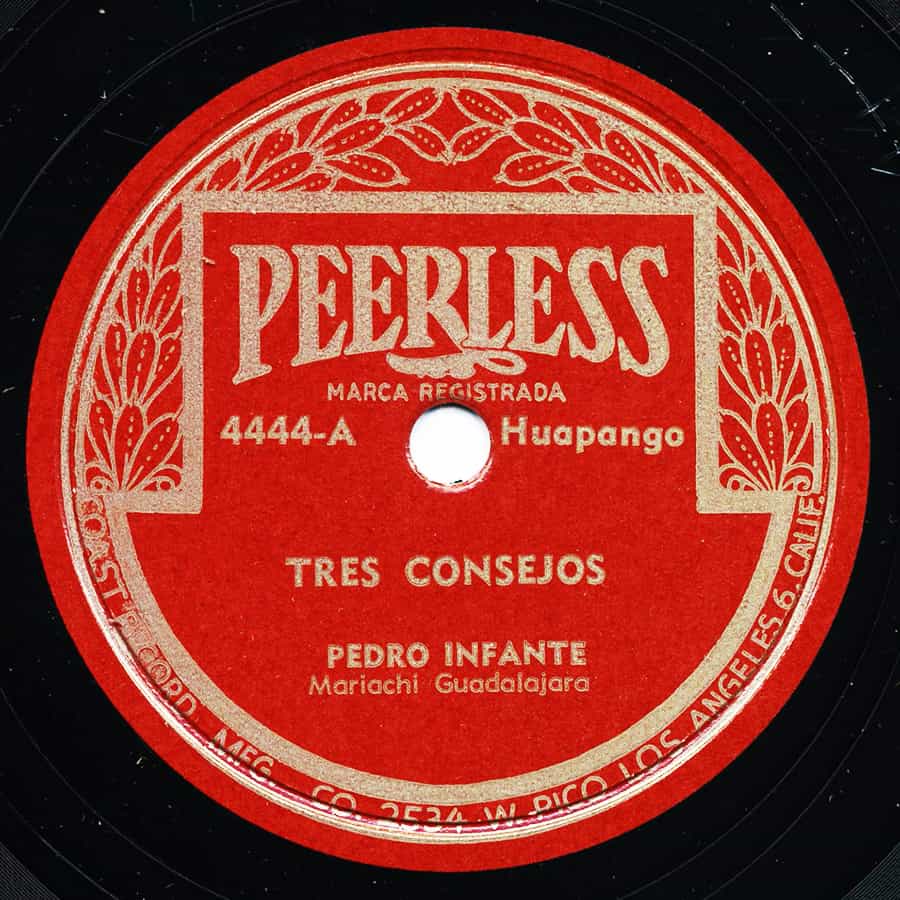
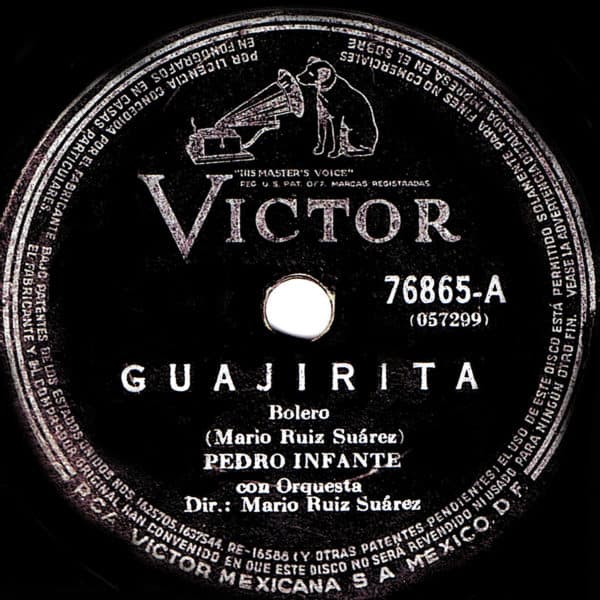
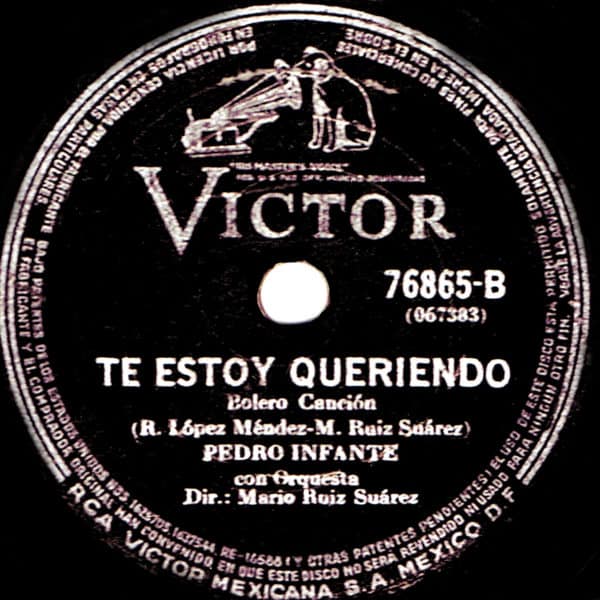
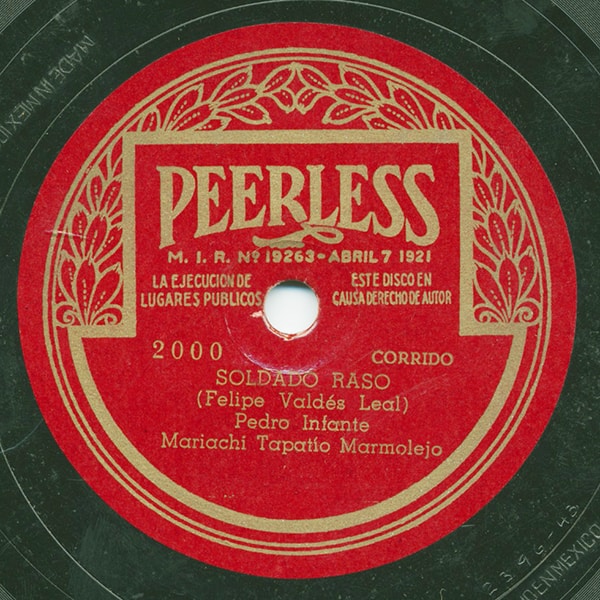
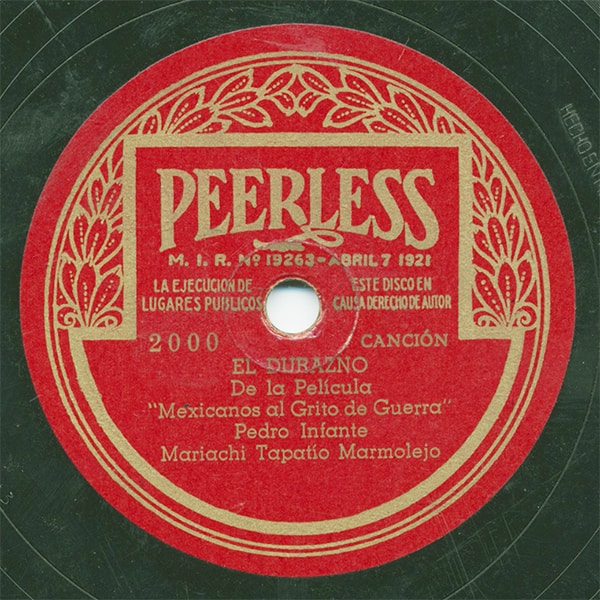
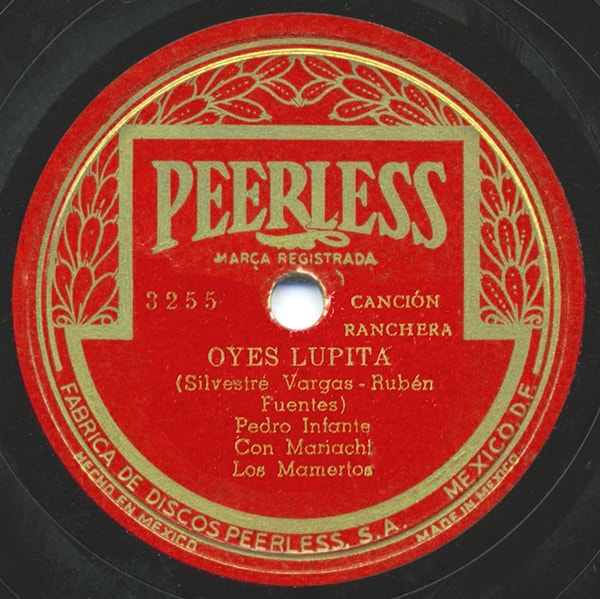
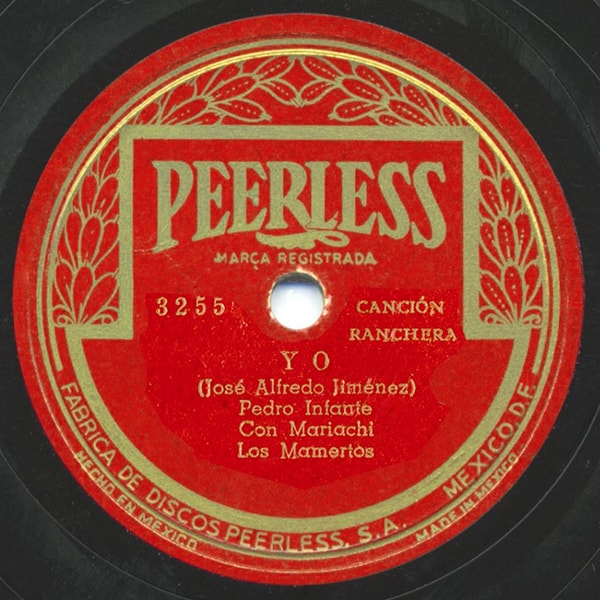
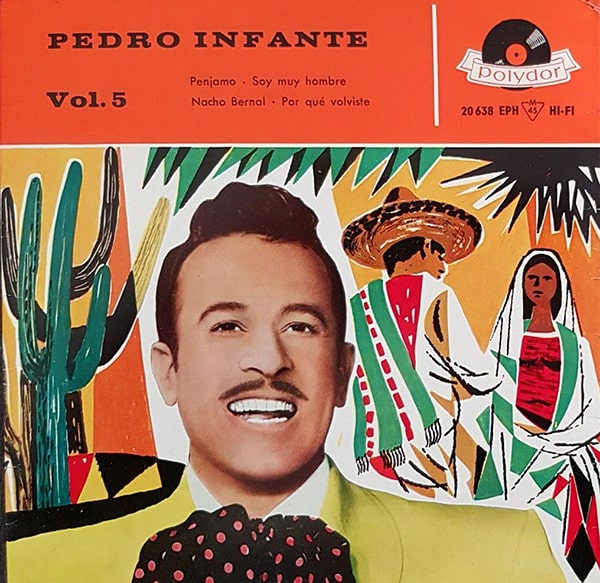
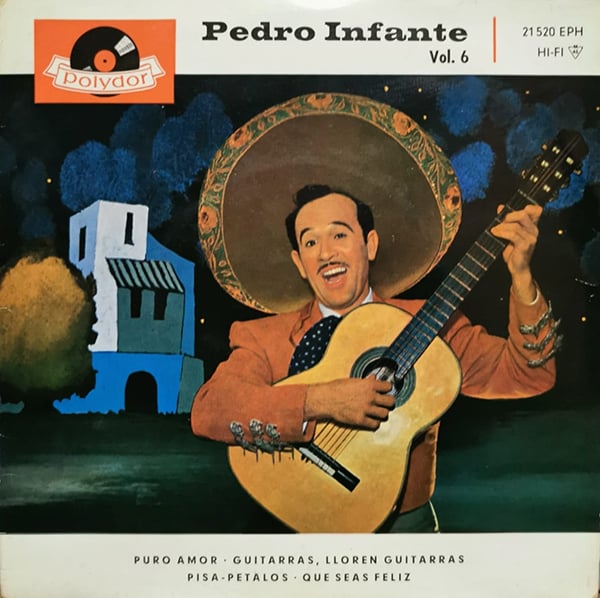
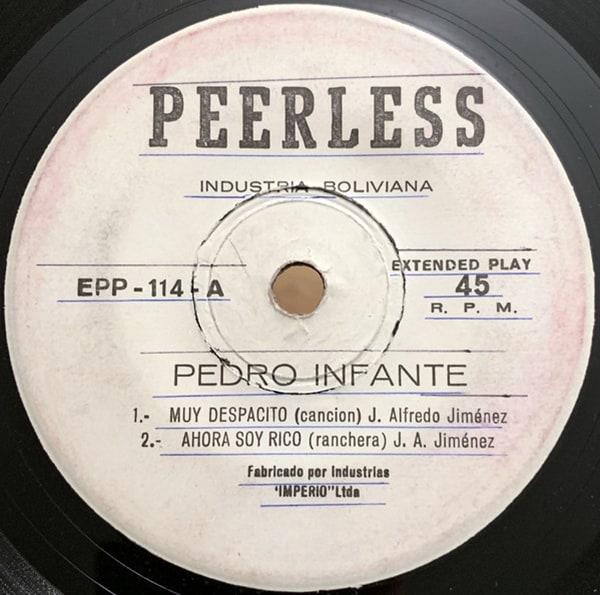
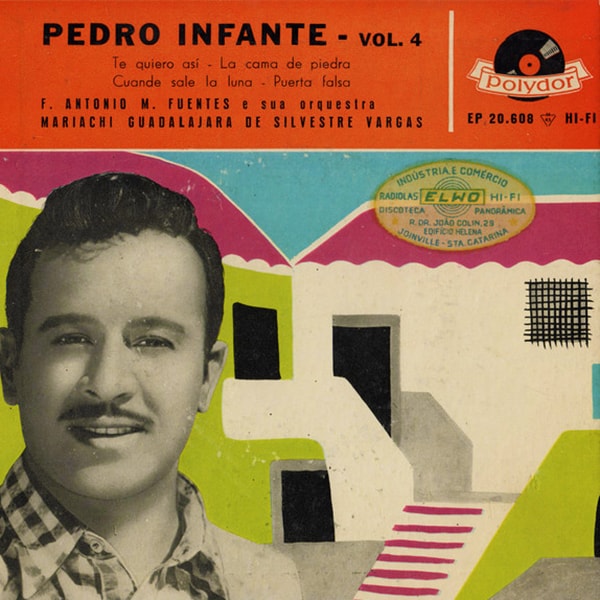
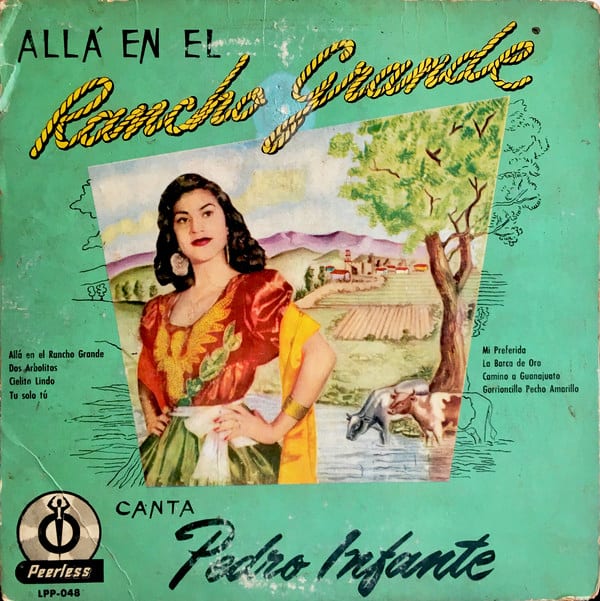
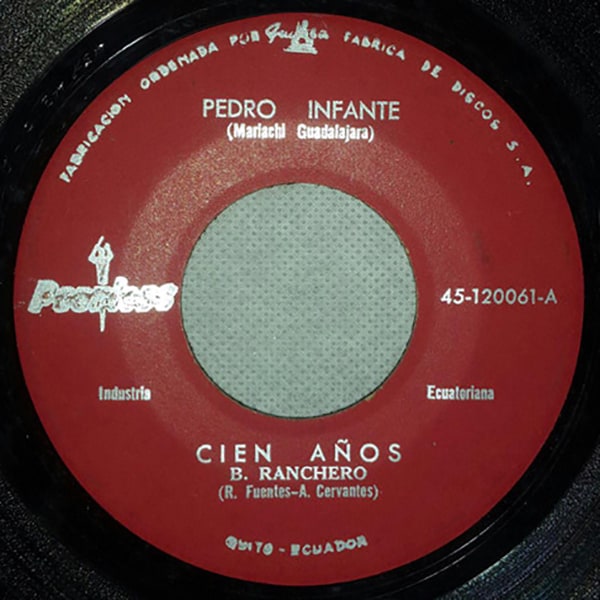
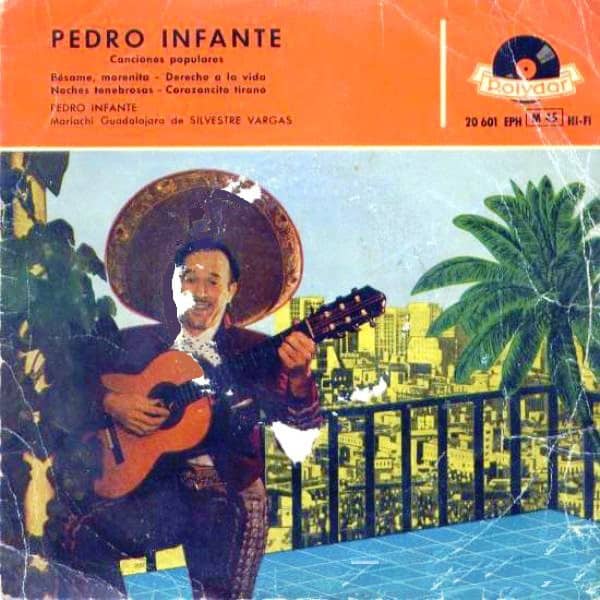
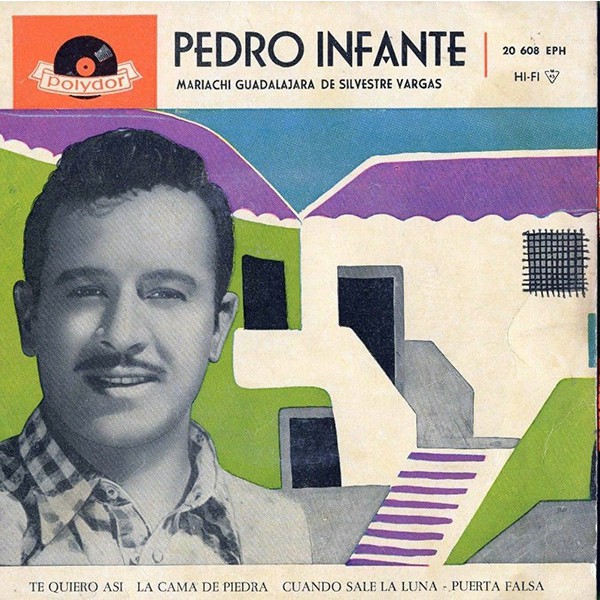
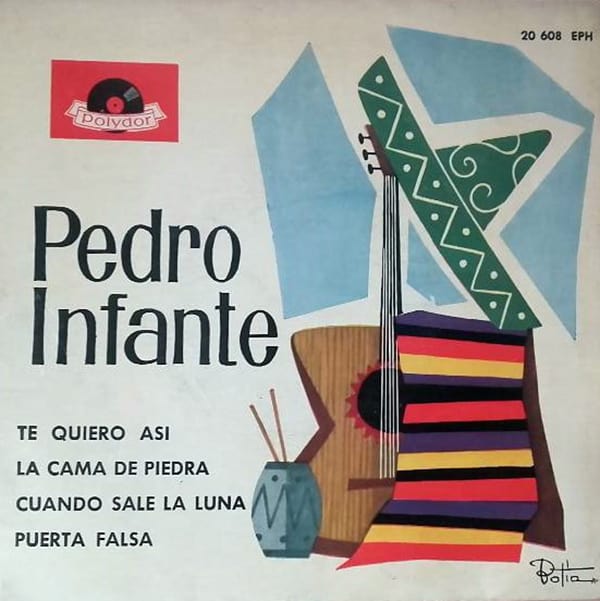
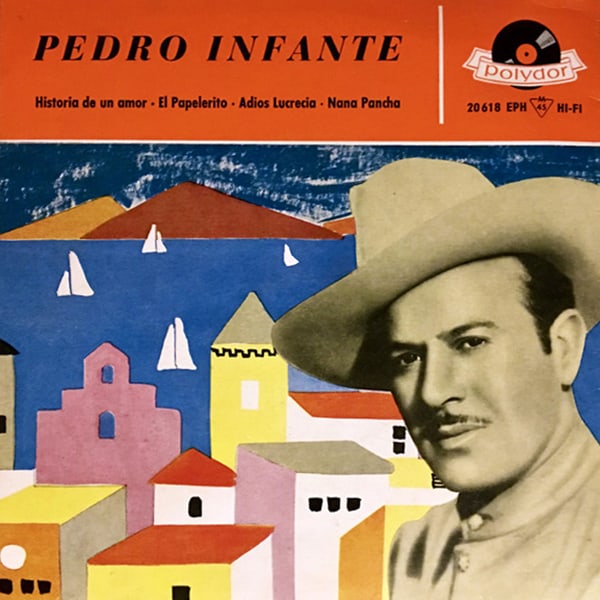
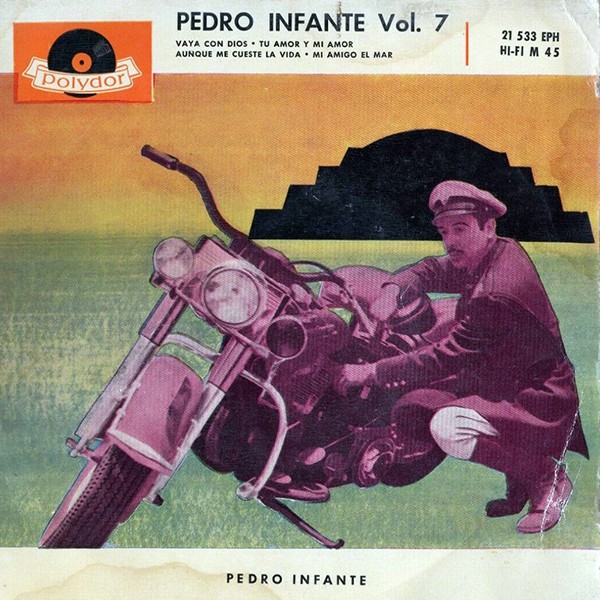
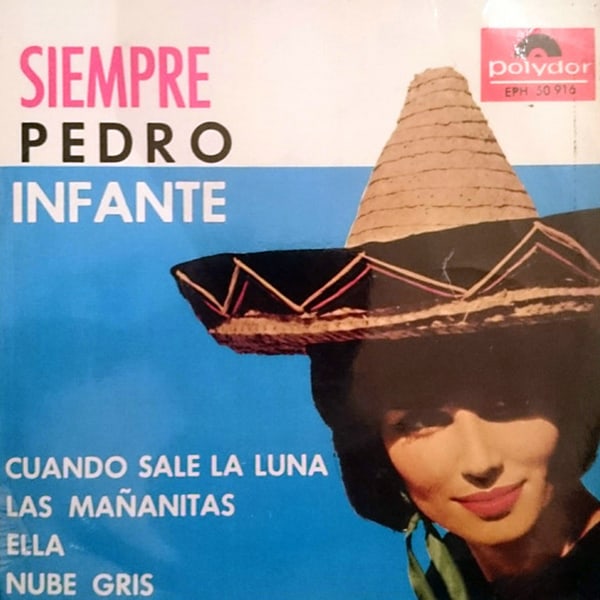
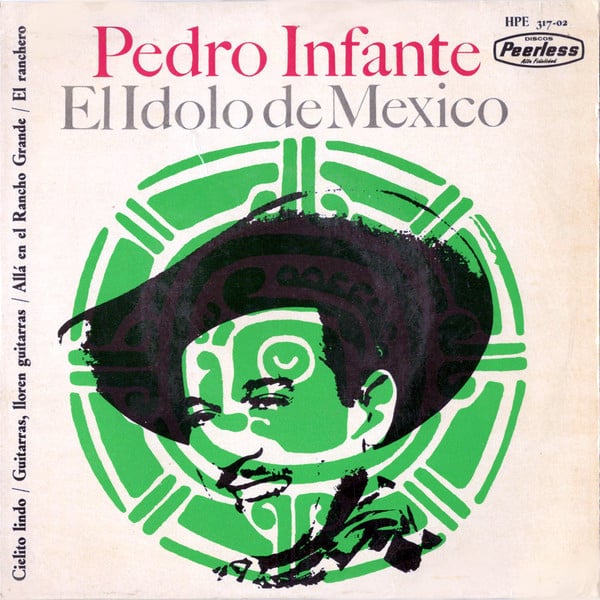
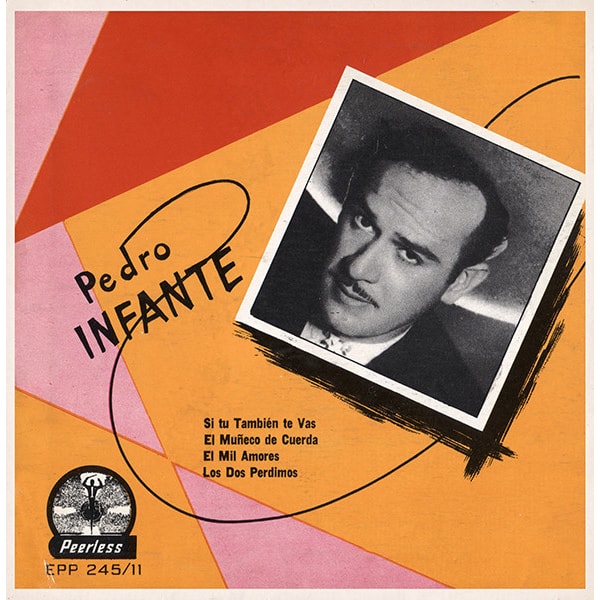
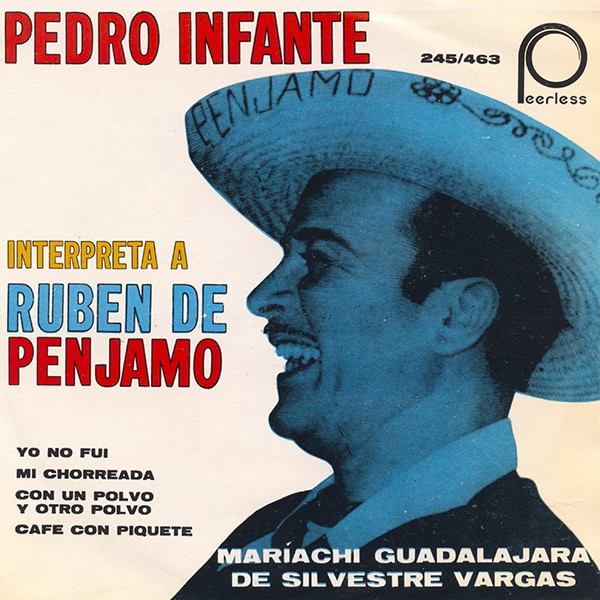
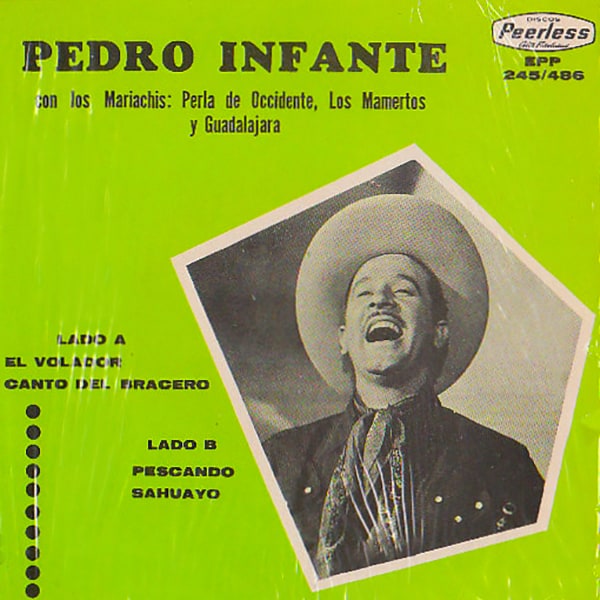
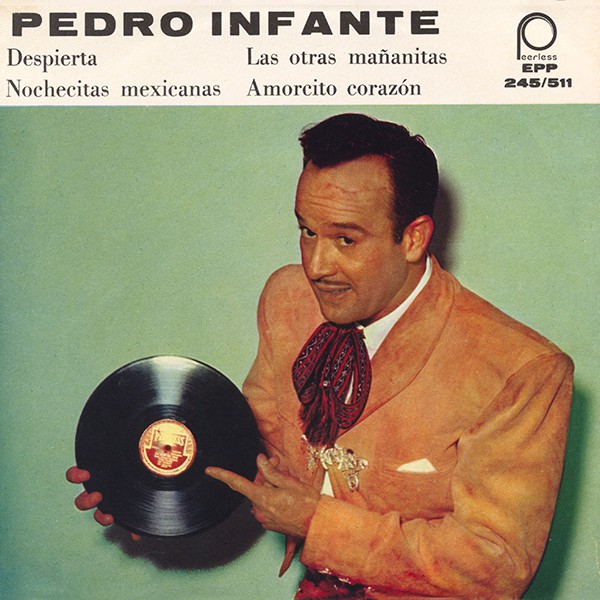
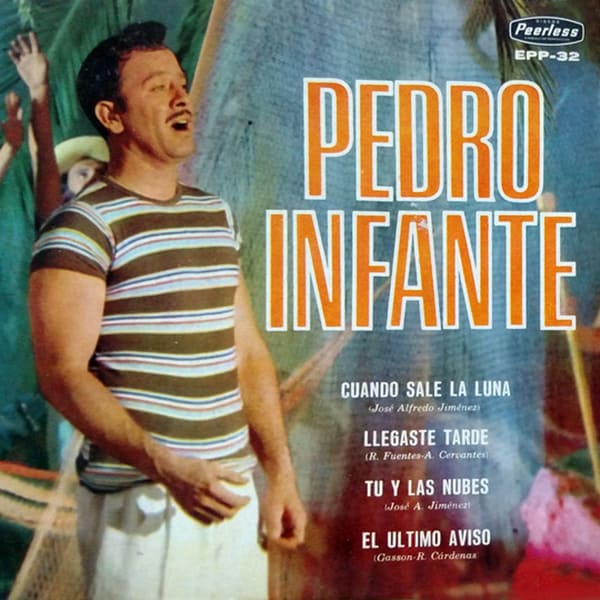
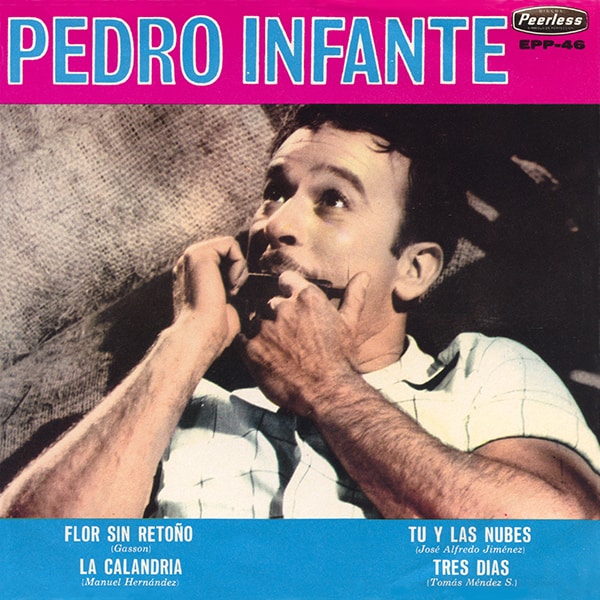
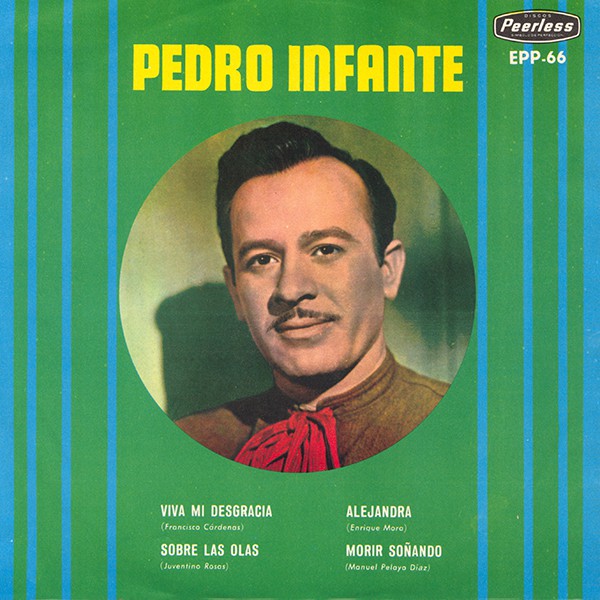
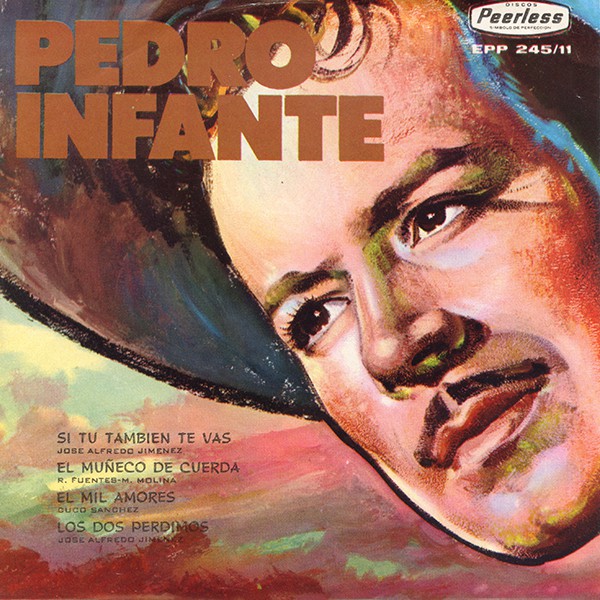
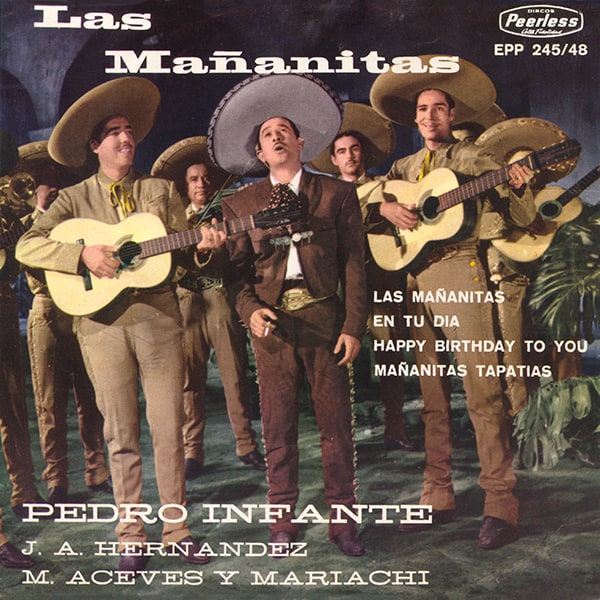
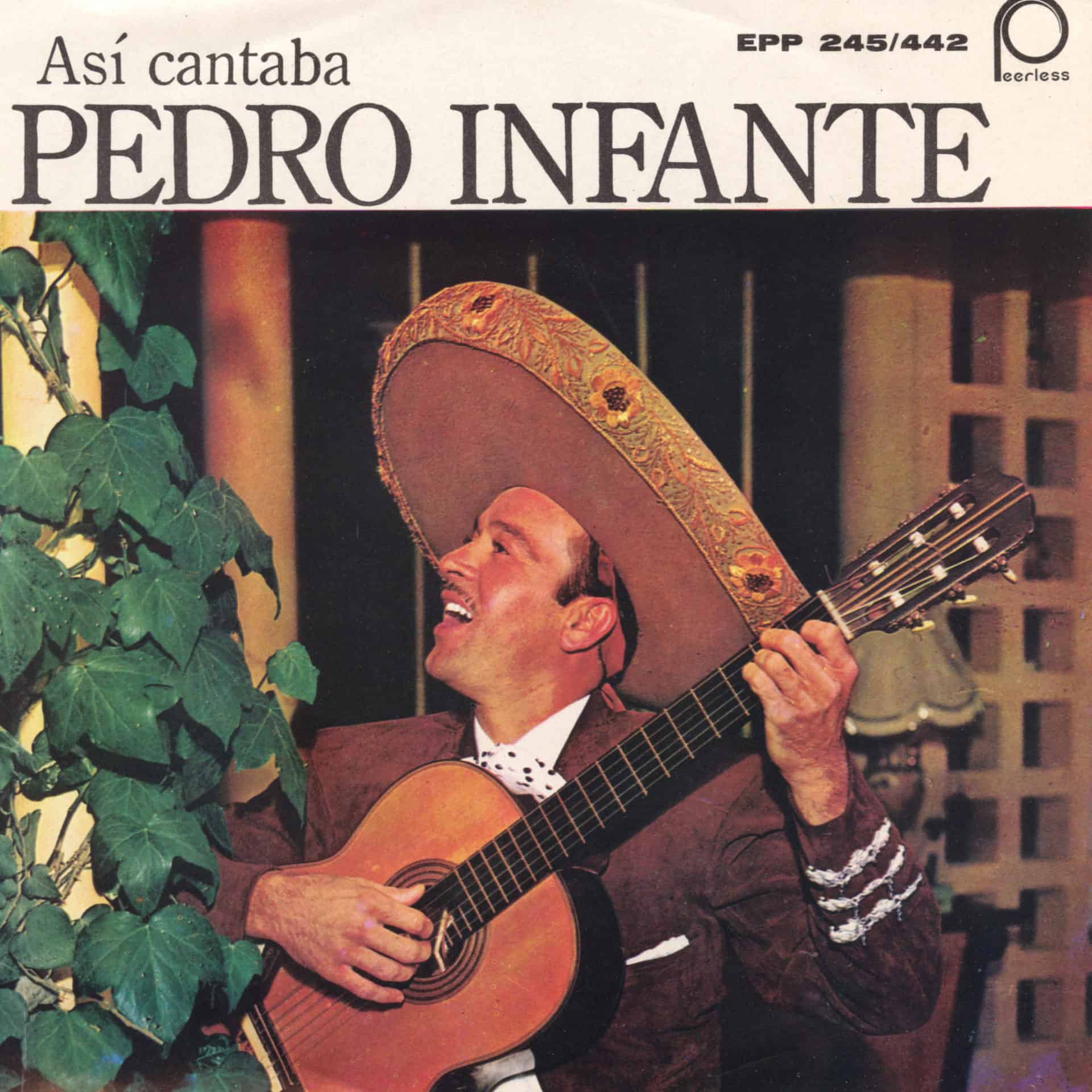
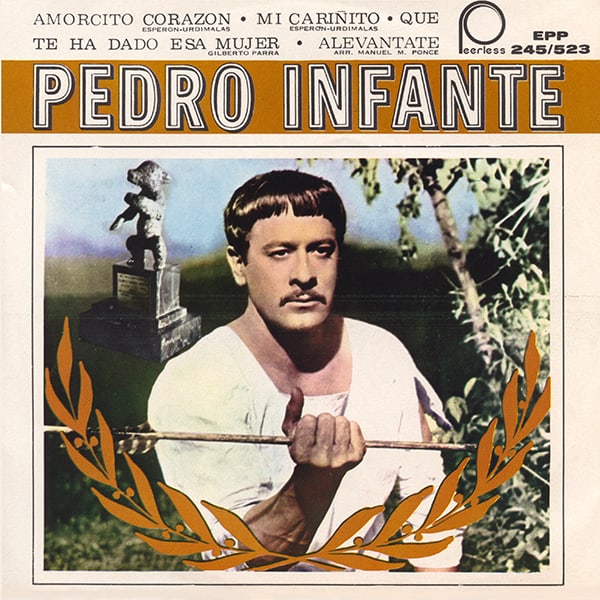
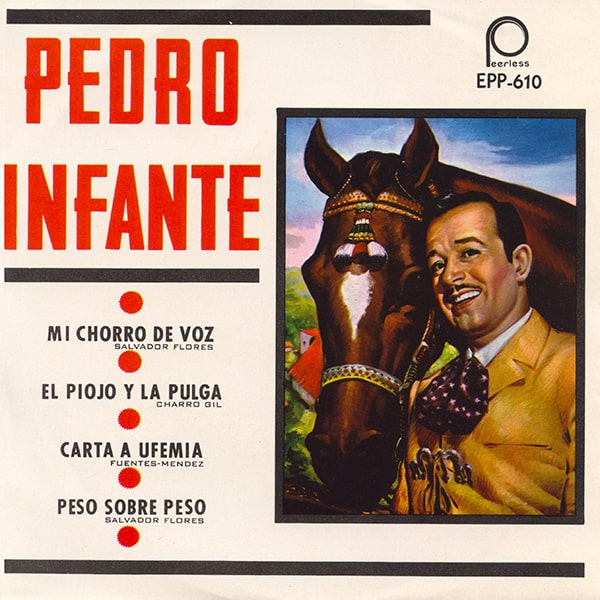
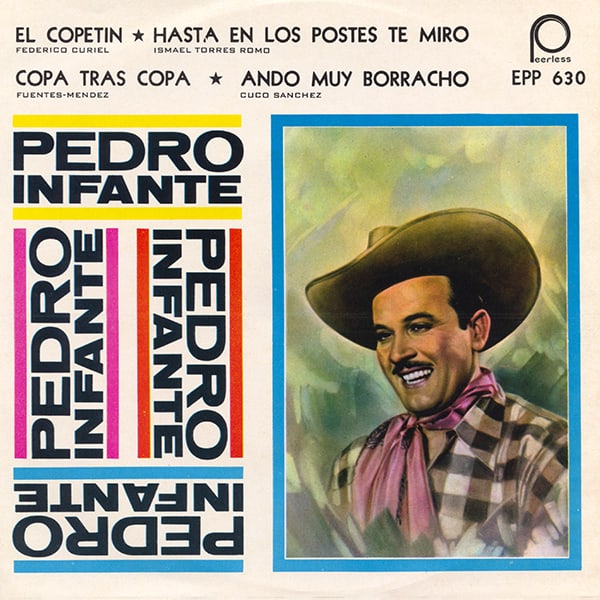
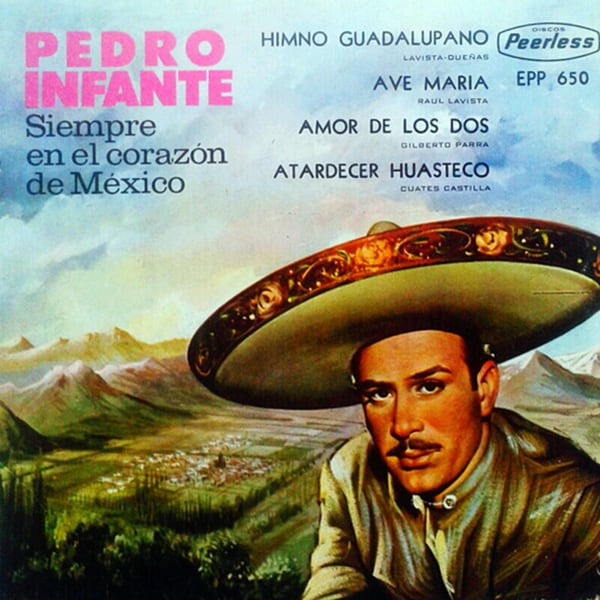
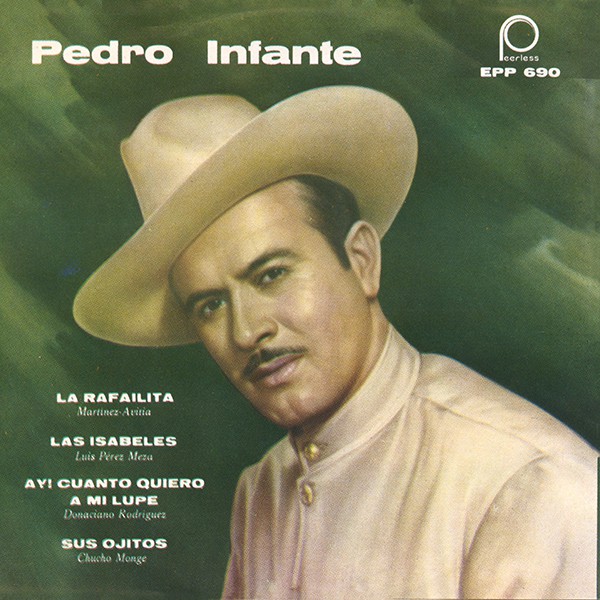
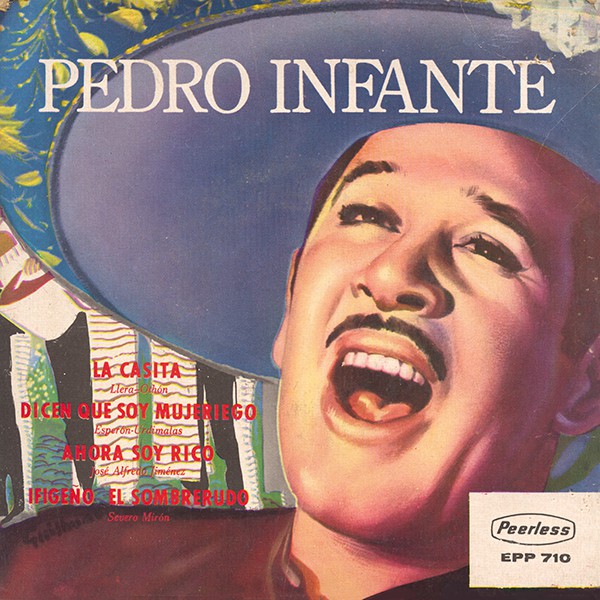
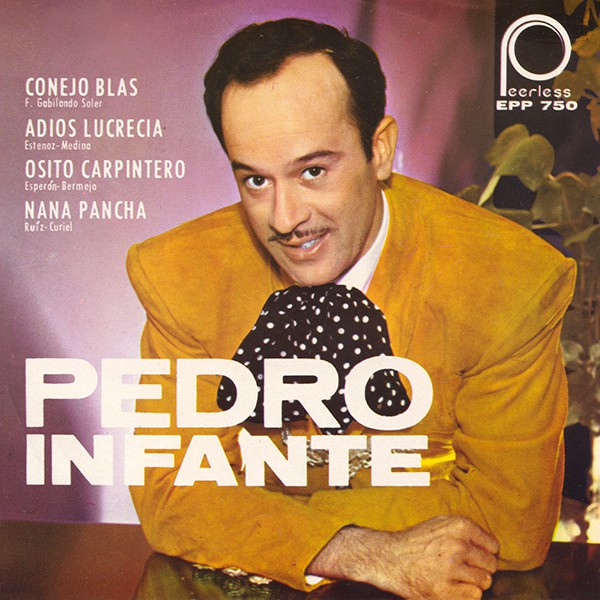
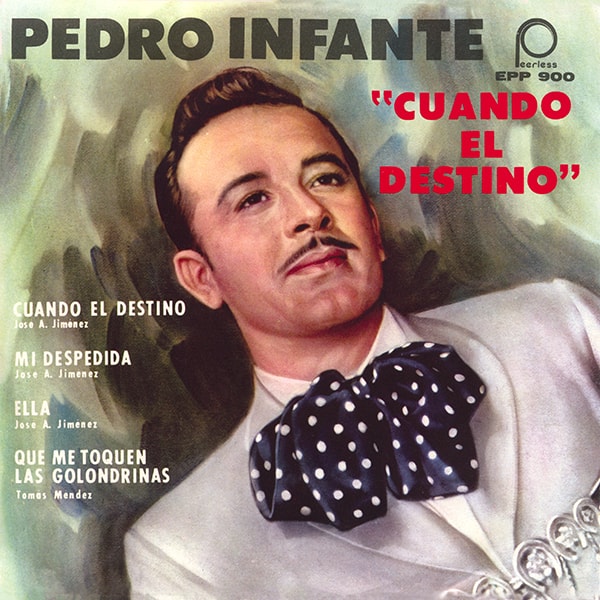
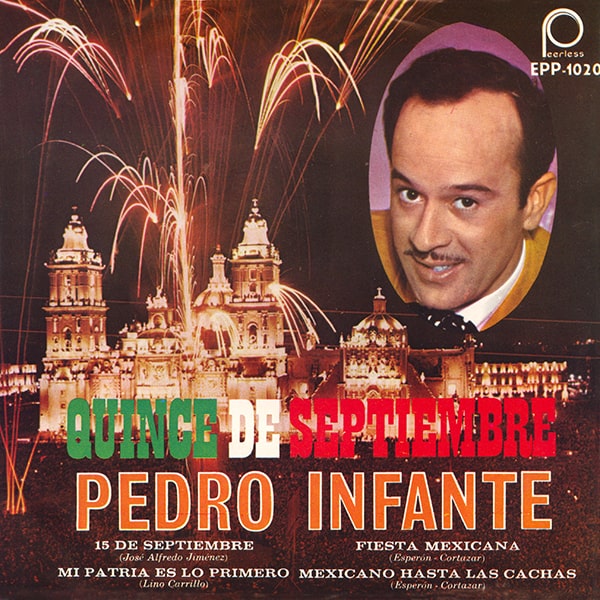
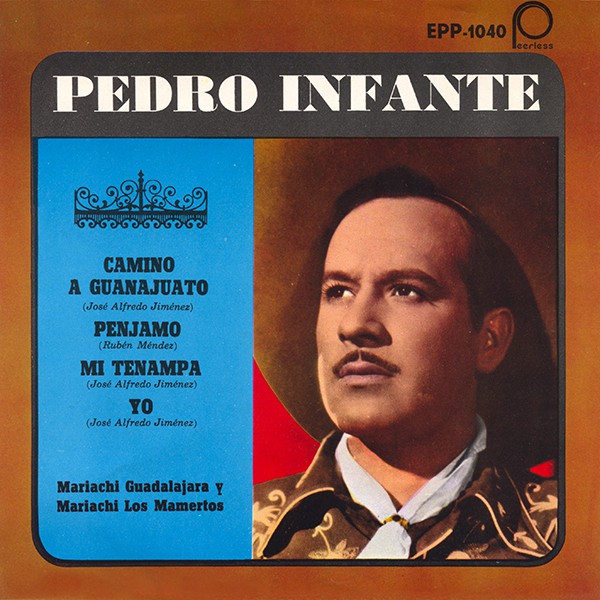
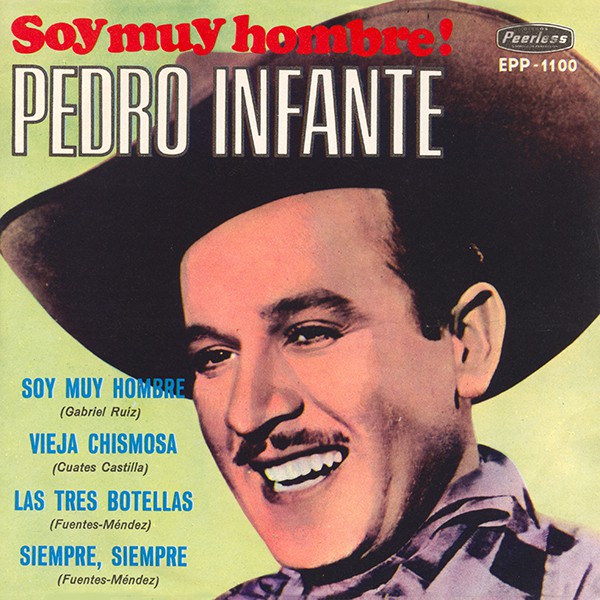
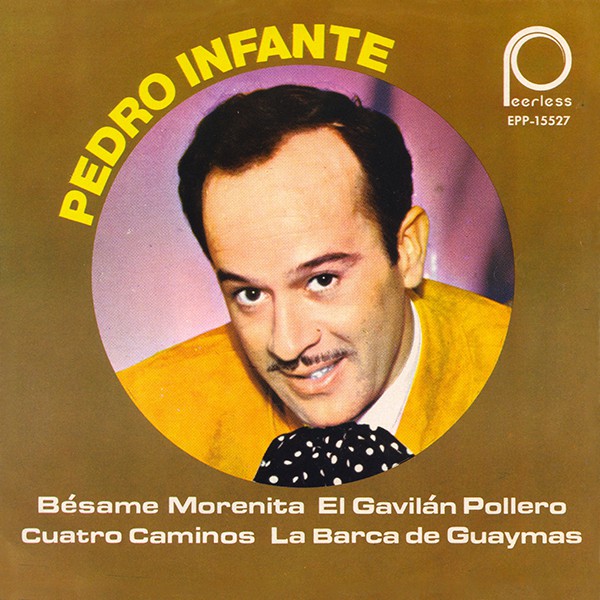
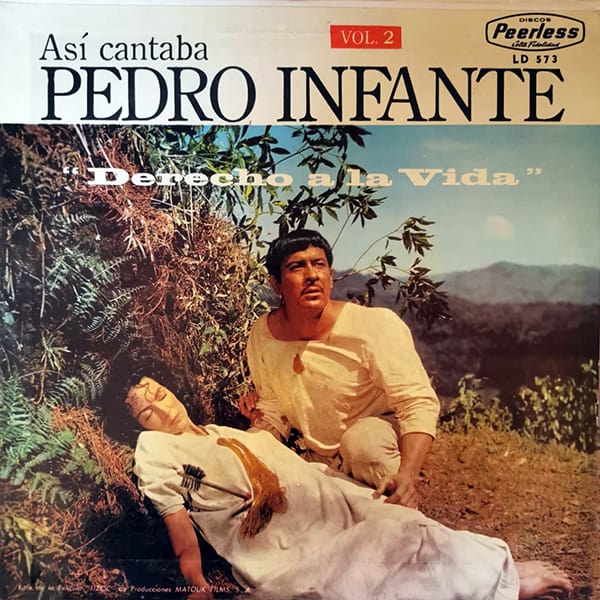
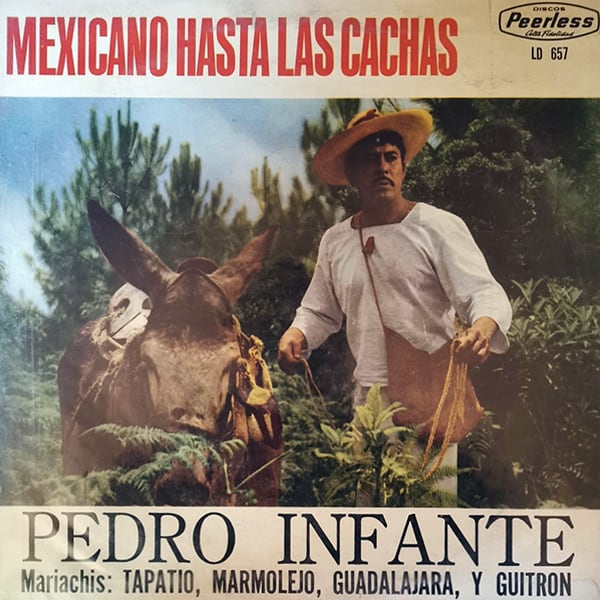
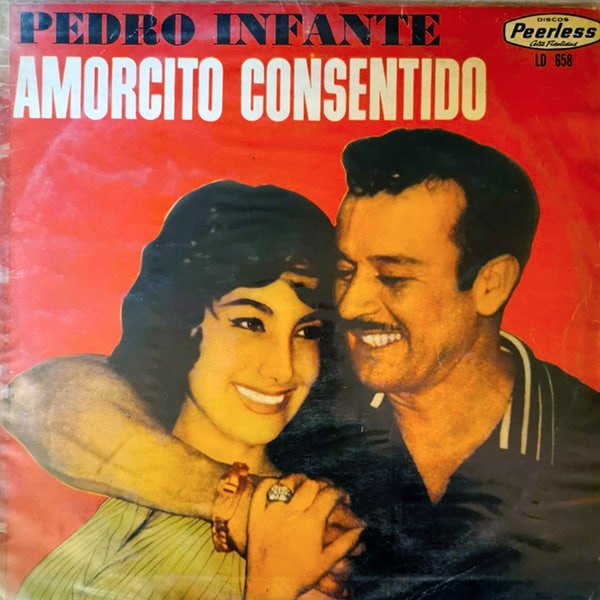
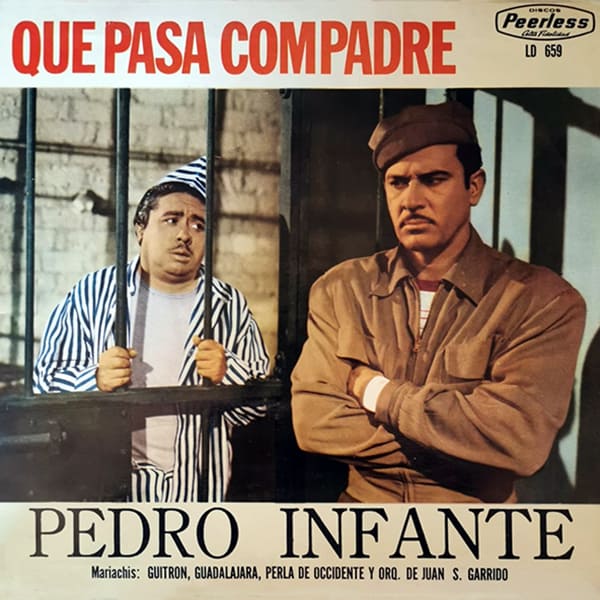
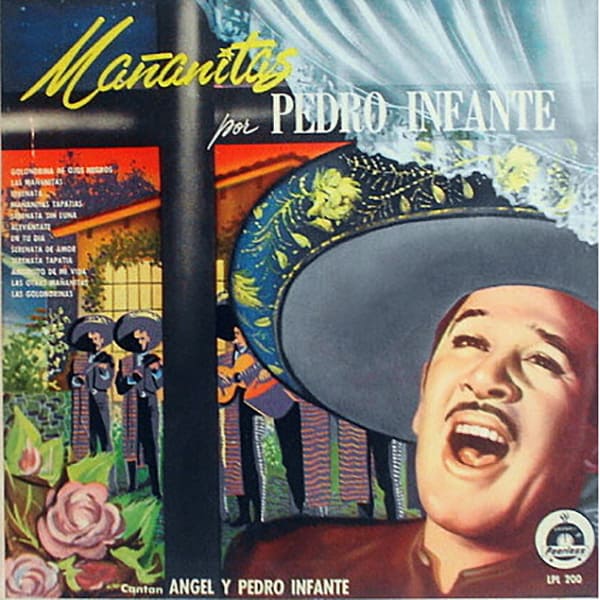
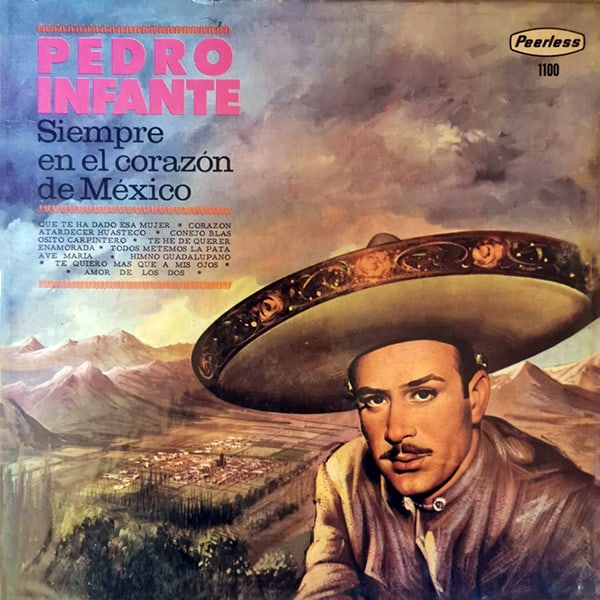
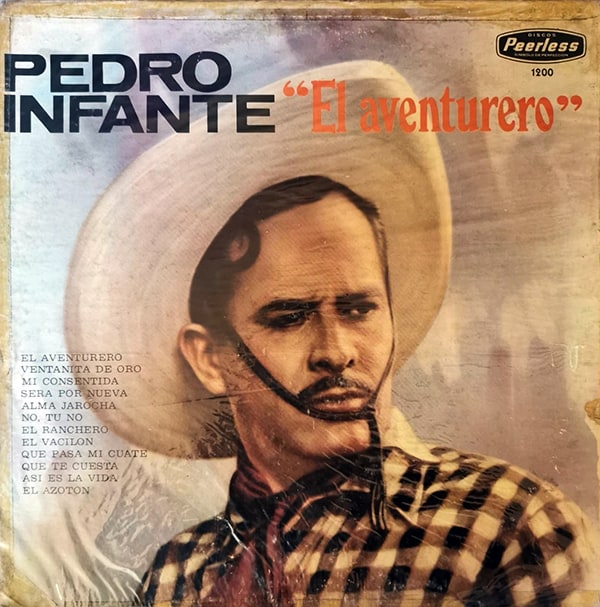
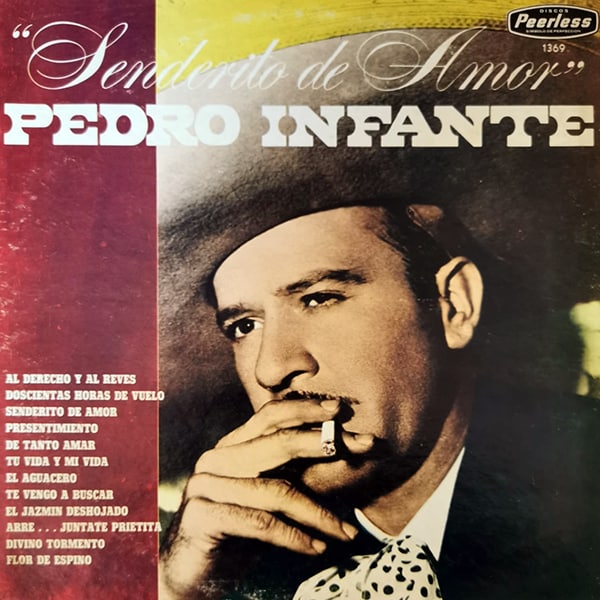
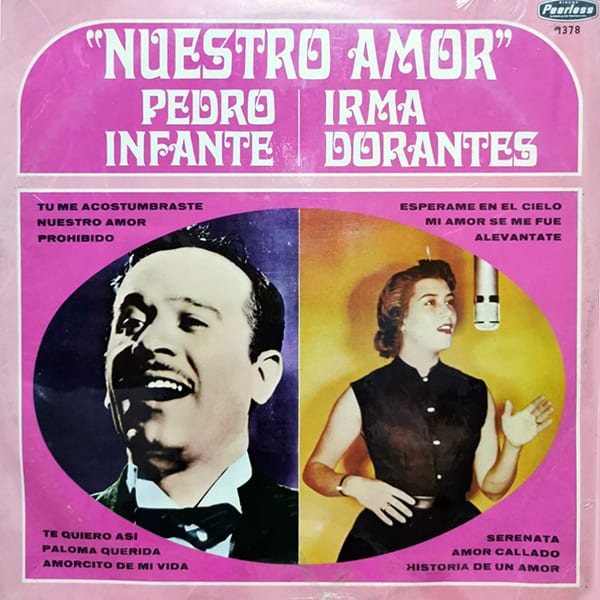
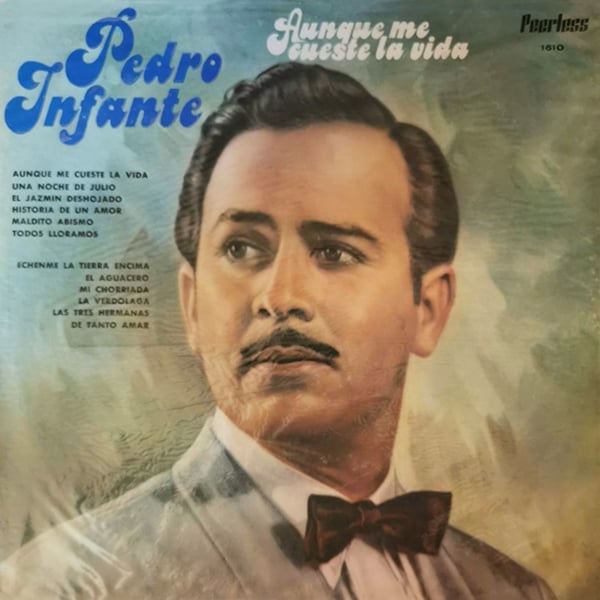
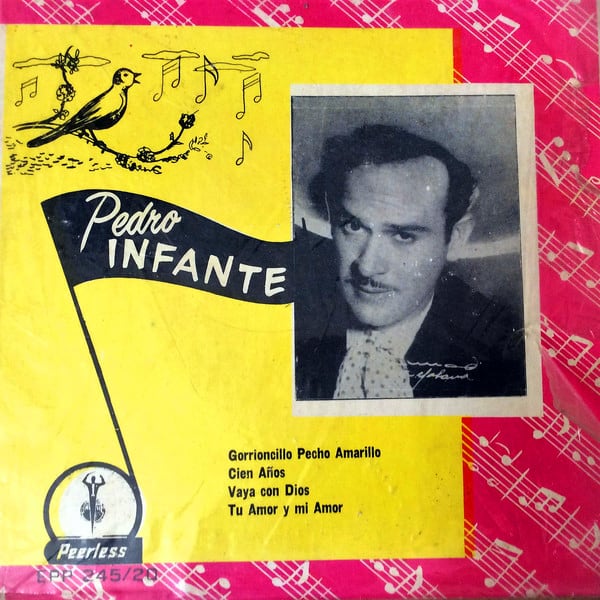
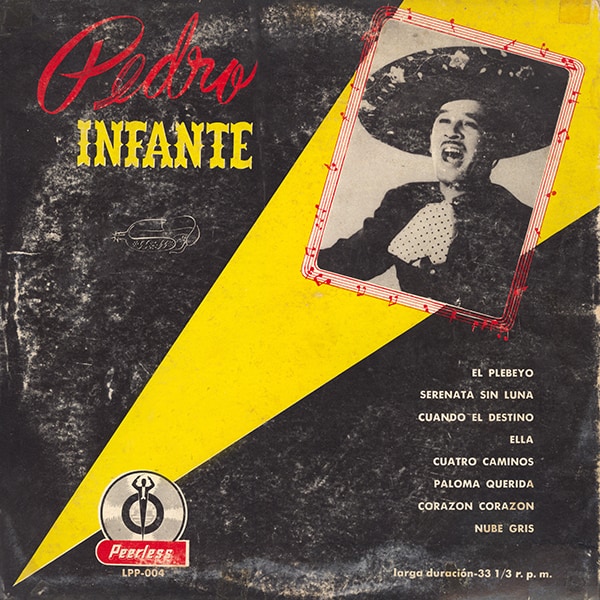
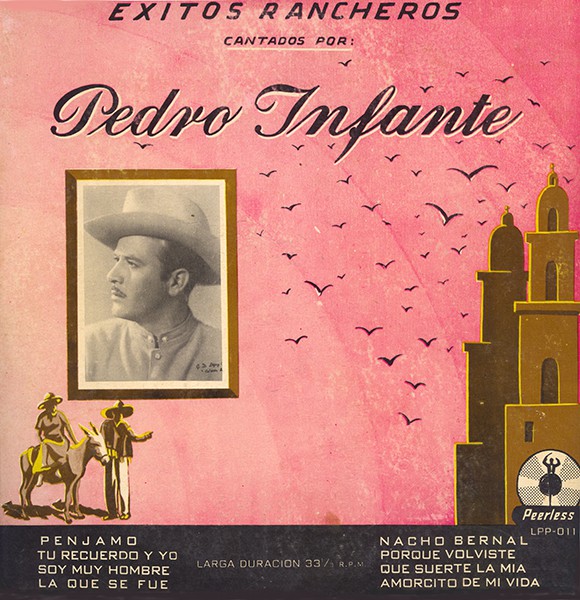
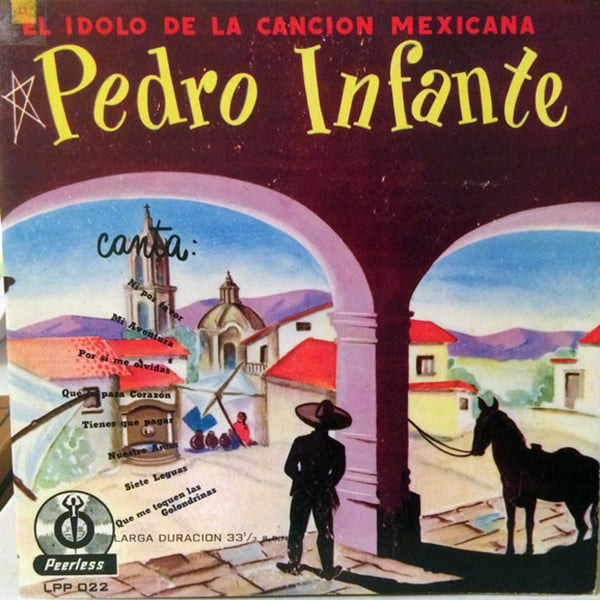
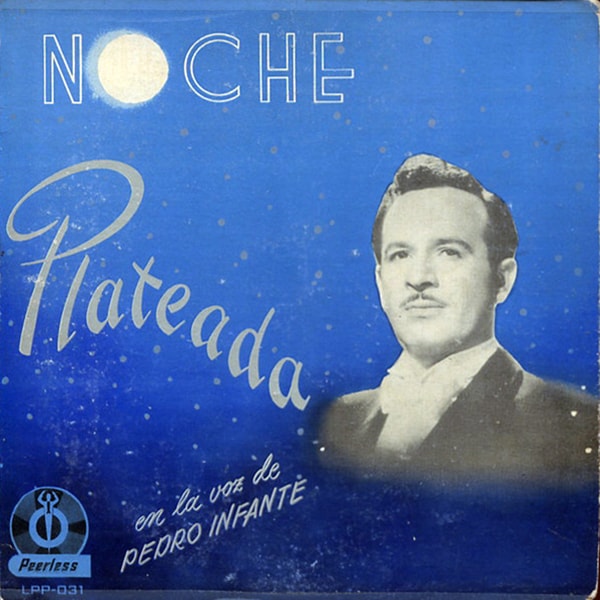
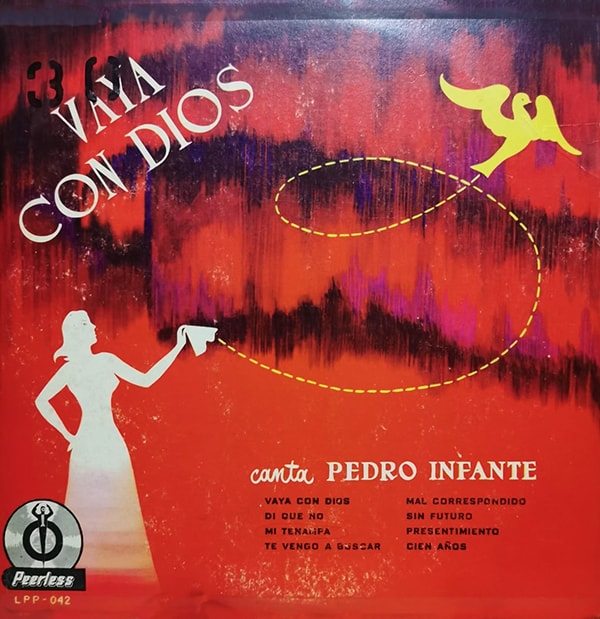
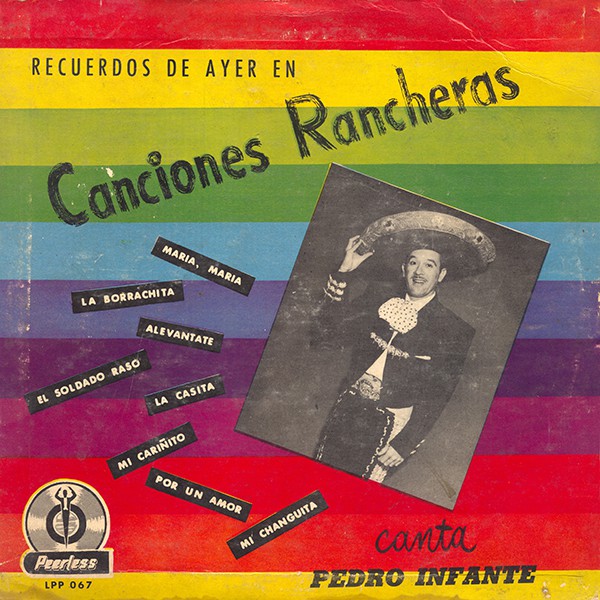
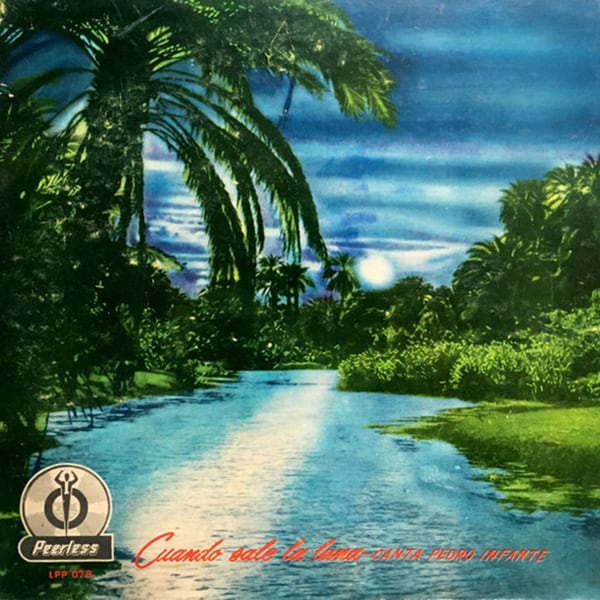
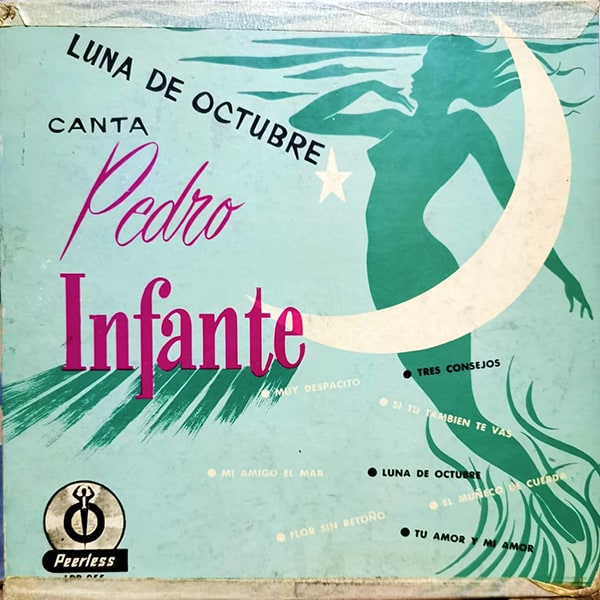
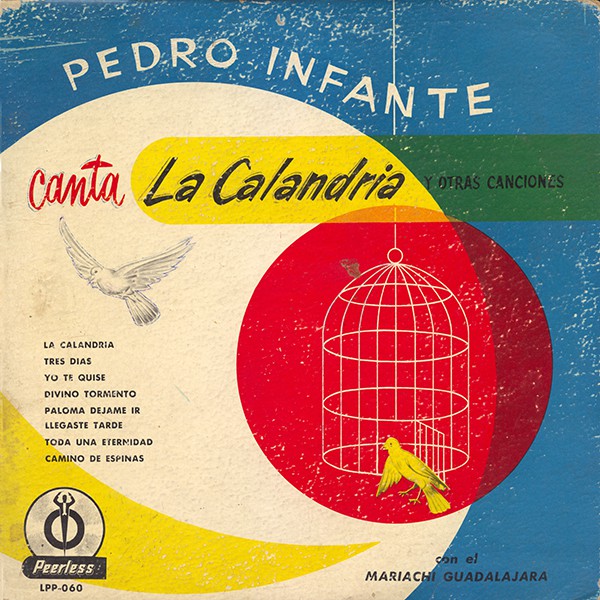
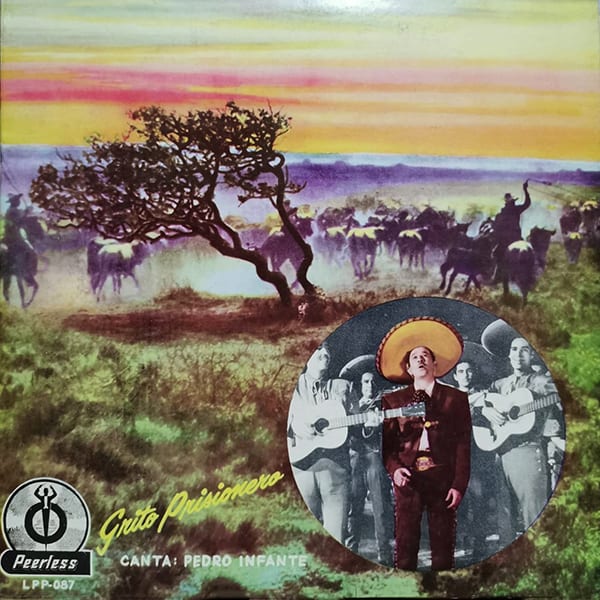
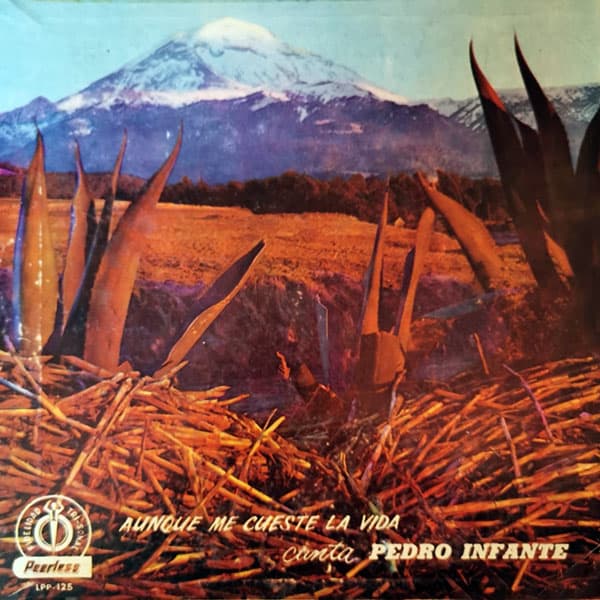
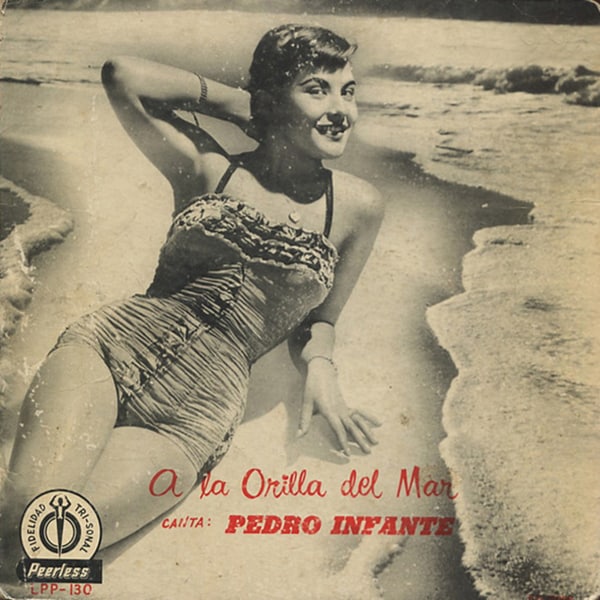
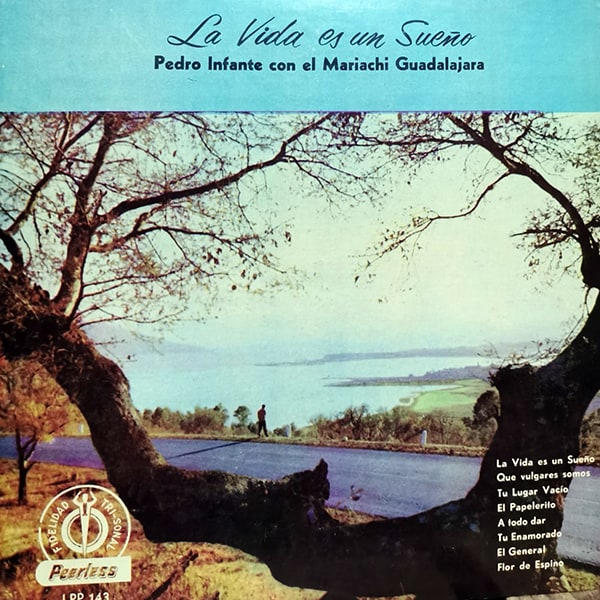
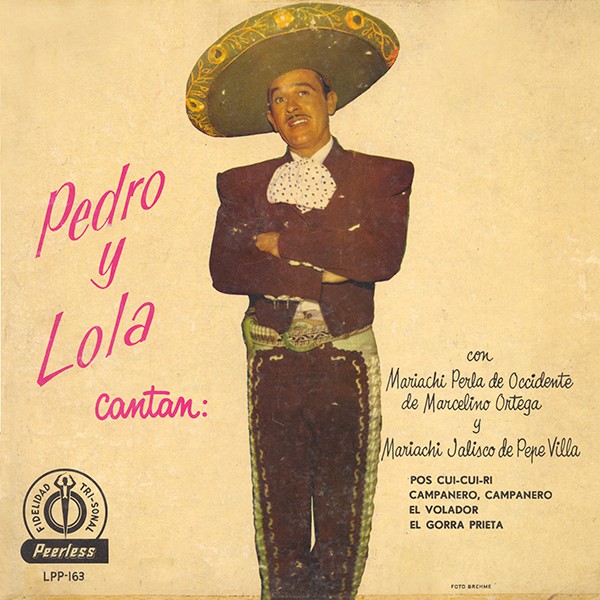
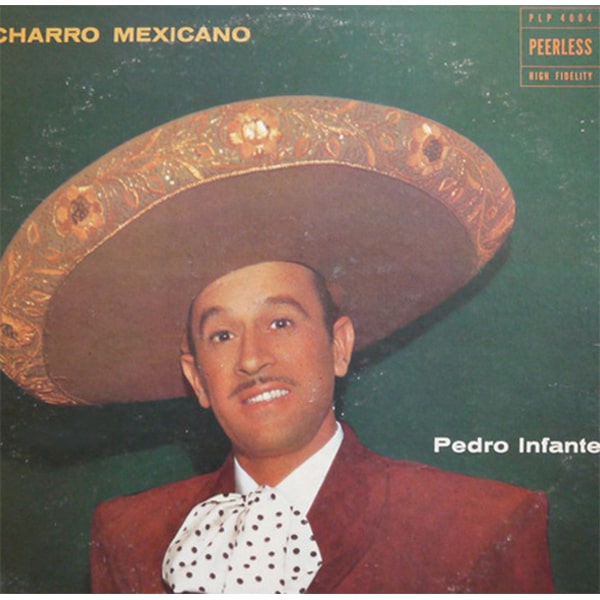
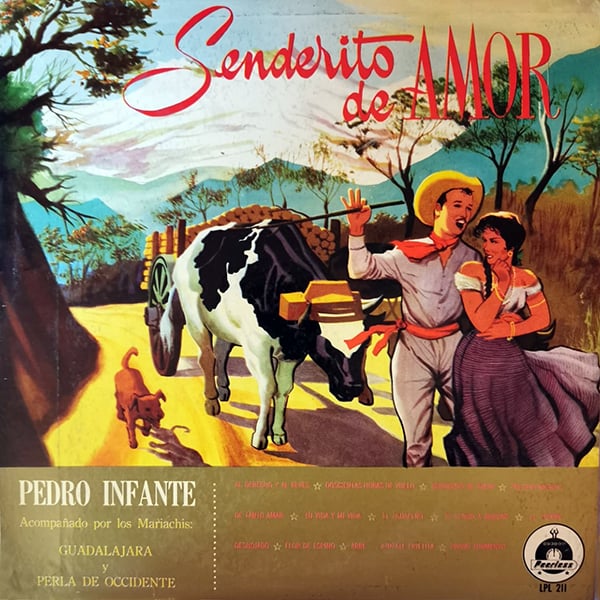
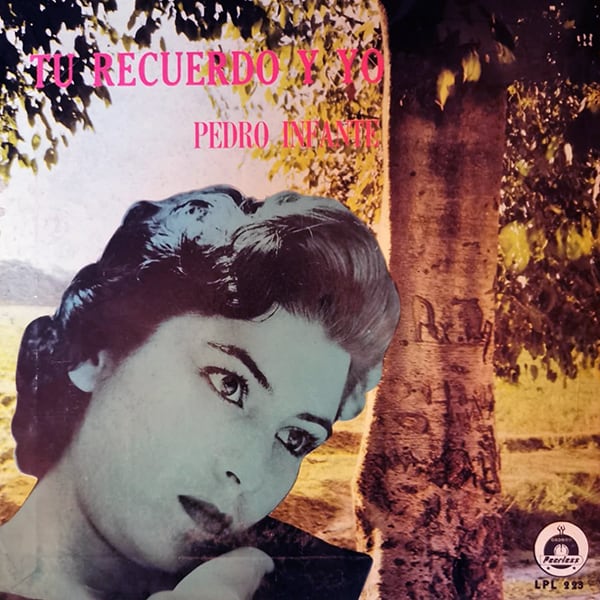
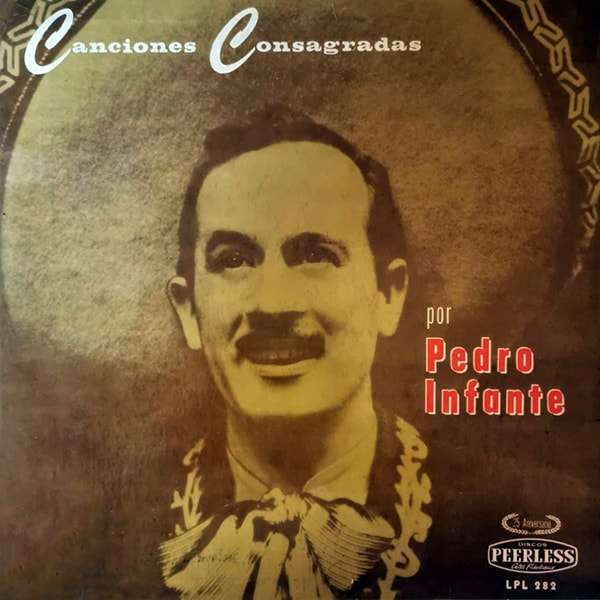
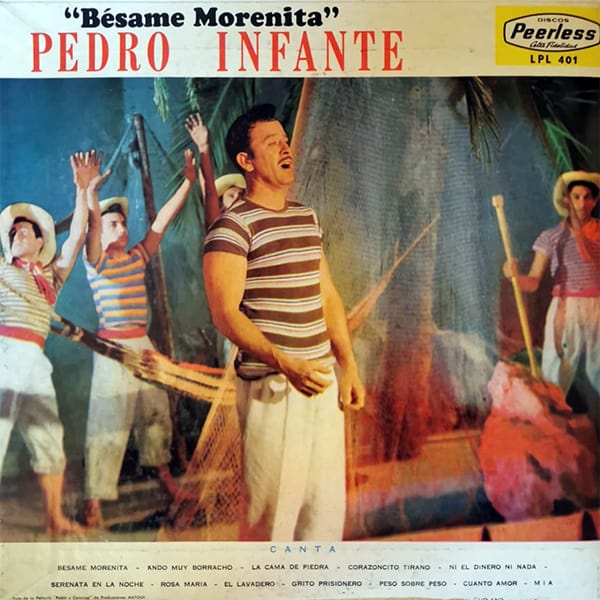
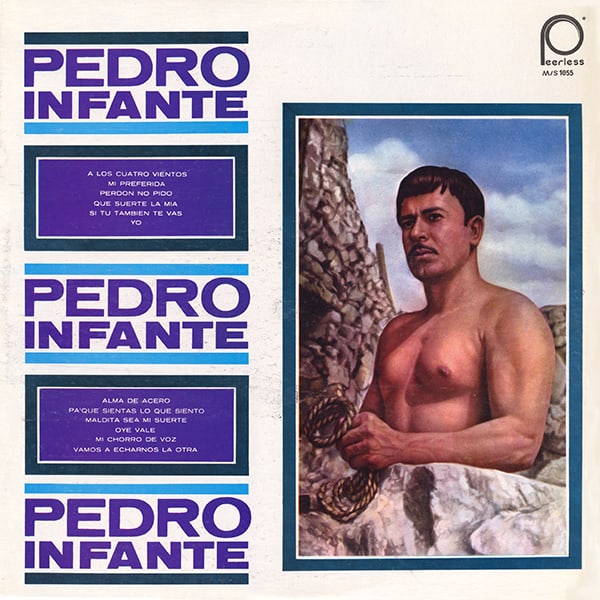
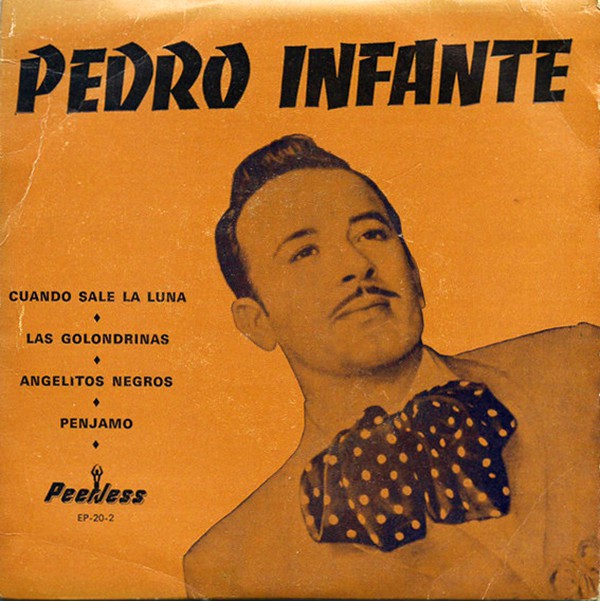
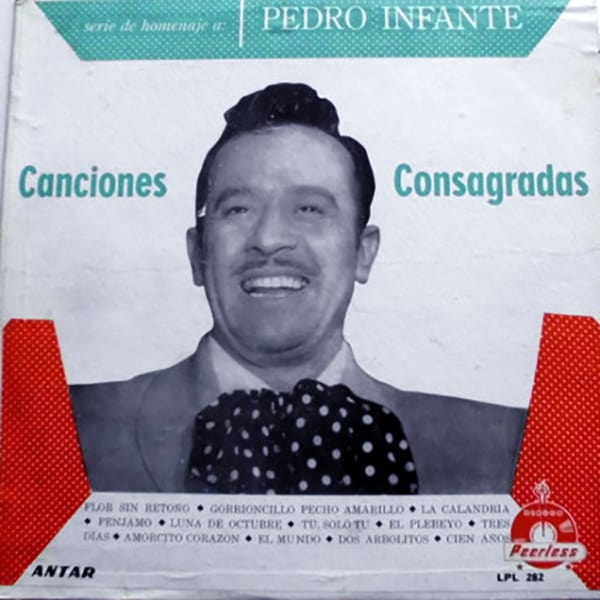
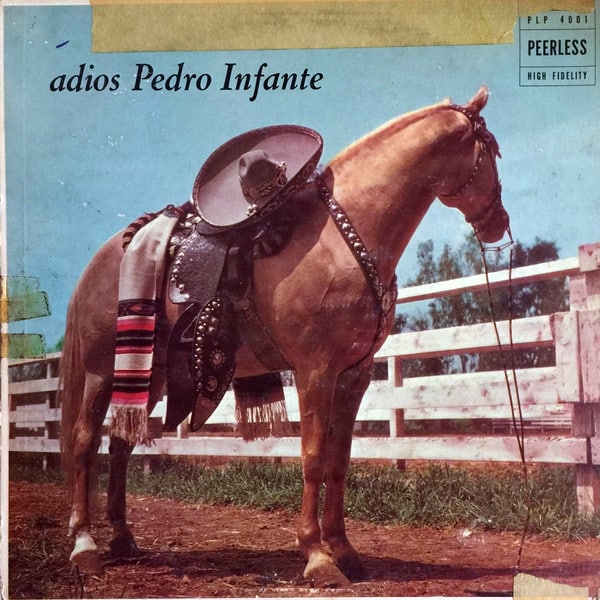
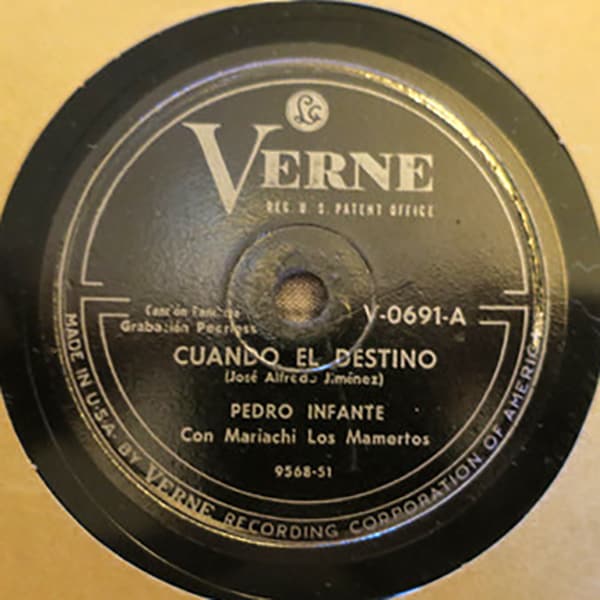
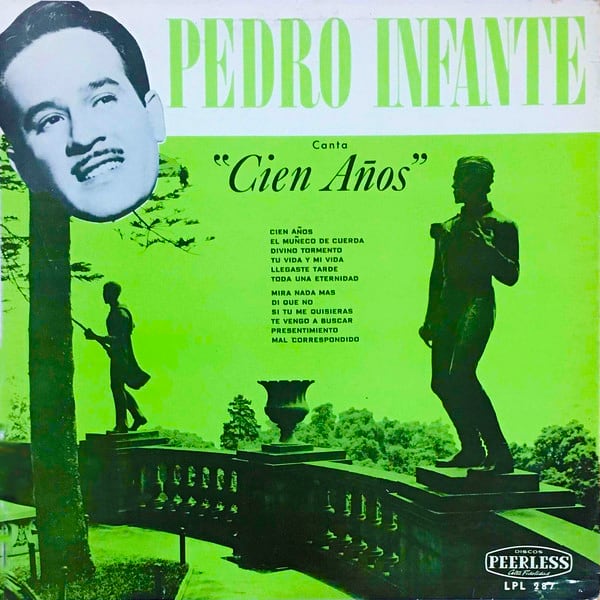





Excelente artículo. El gran Pedro Infante será bueno el homenaje.
Saludos desde Madrid.